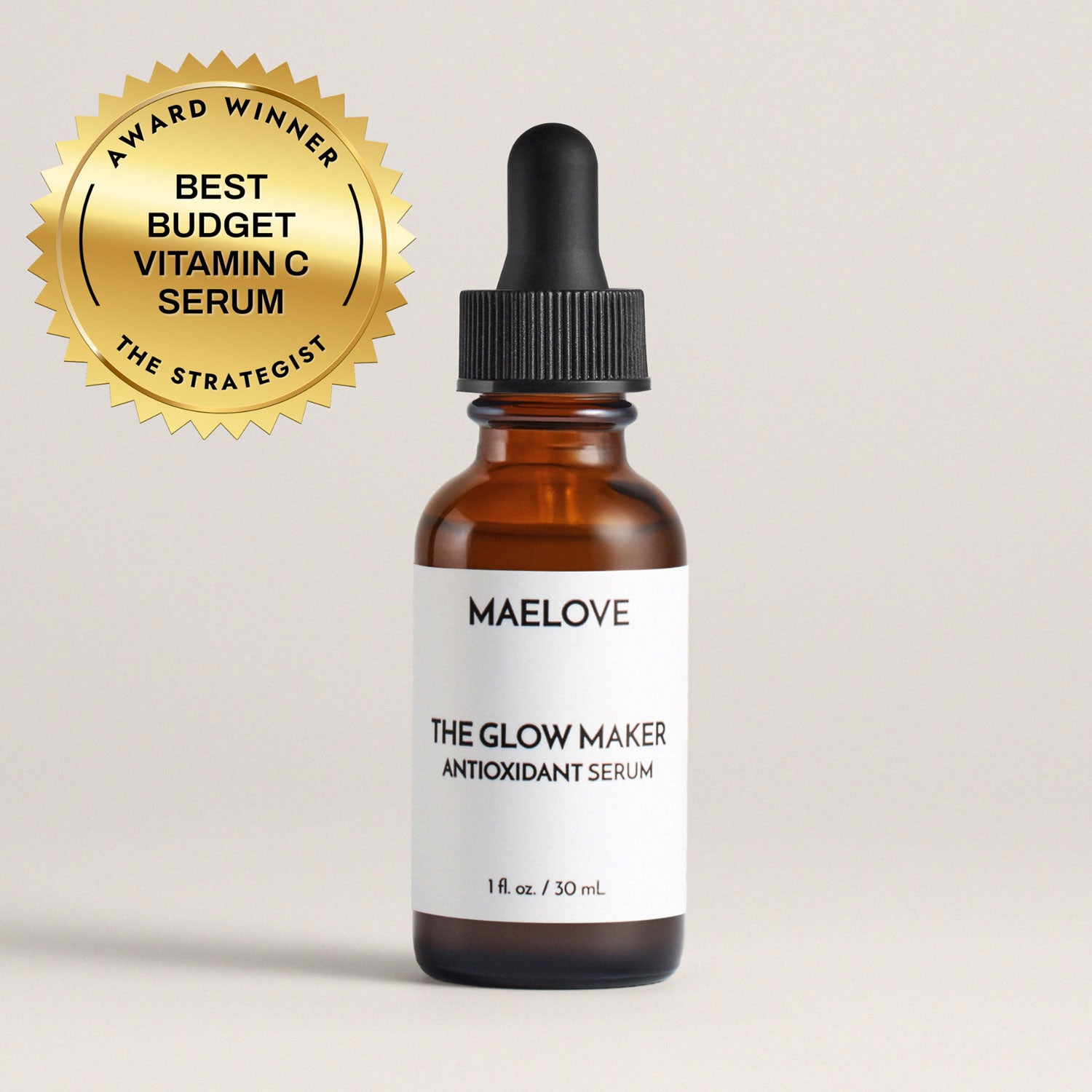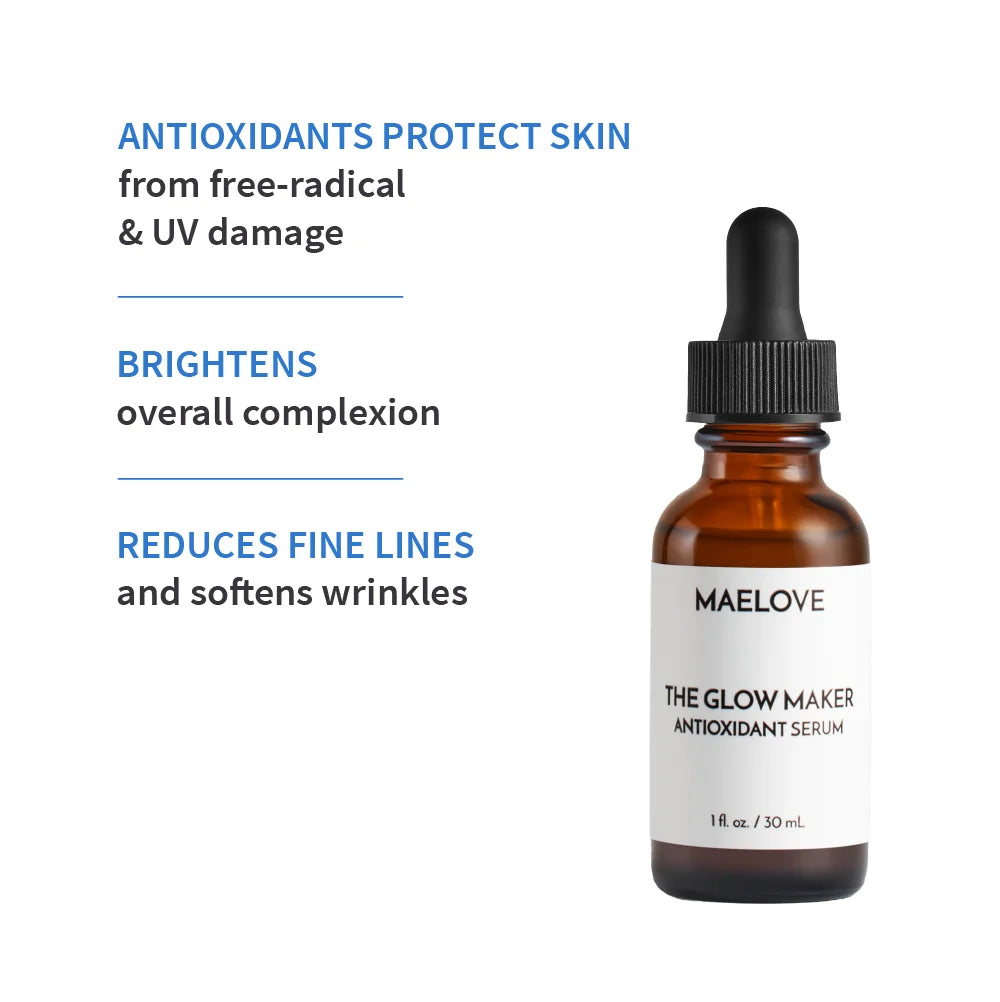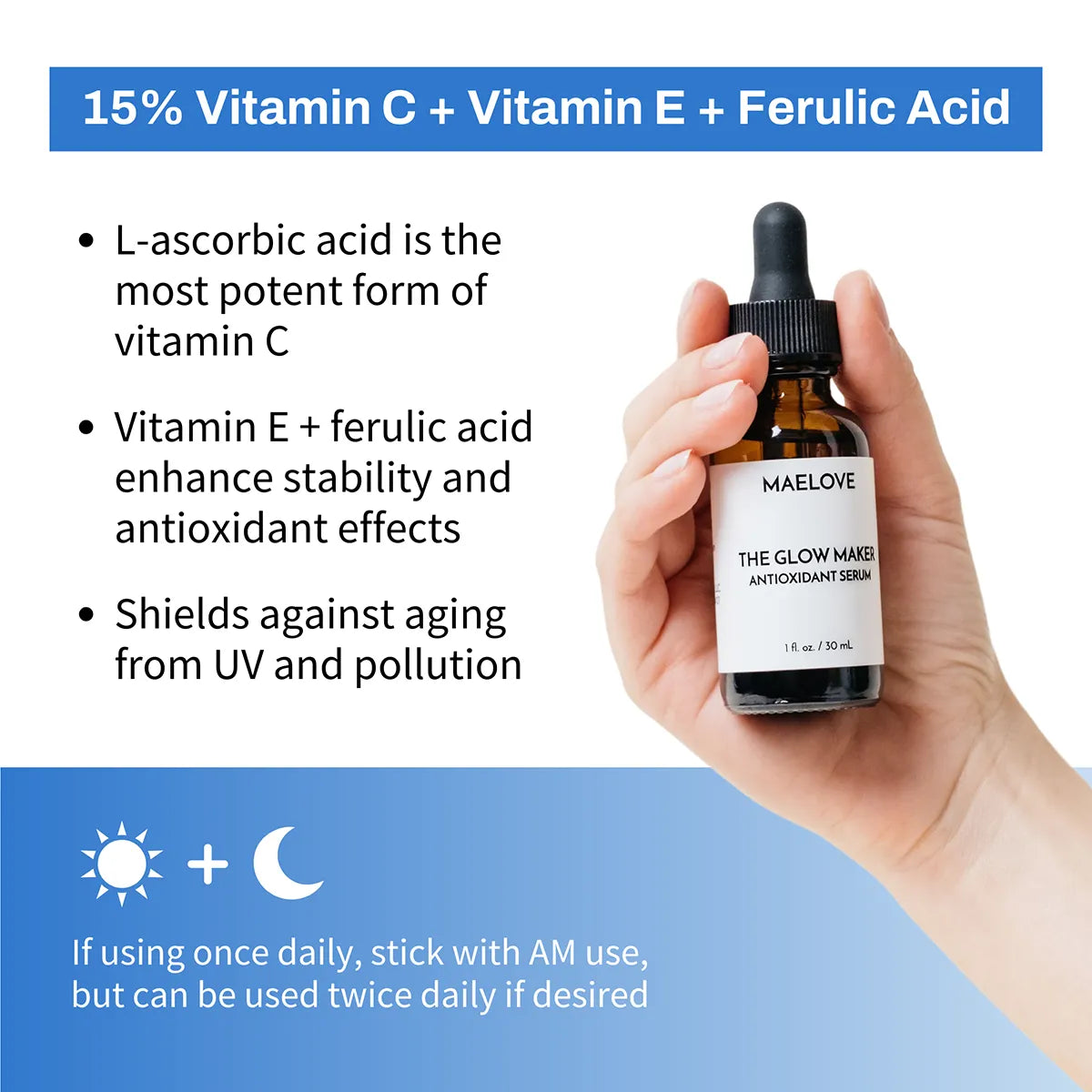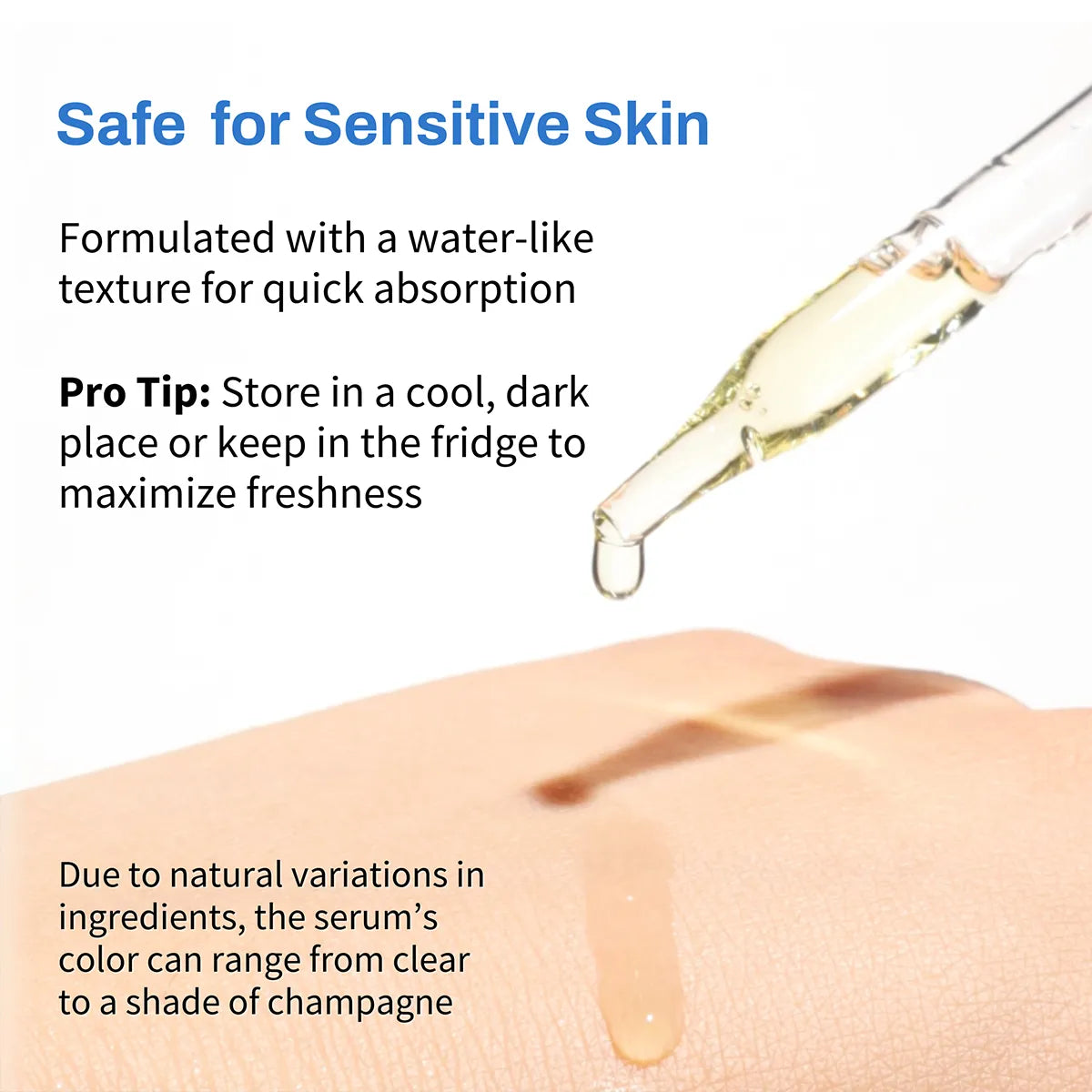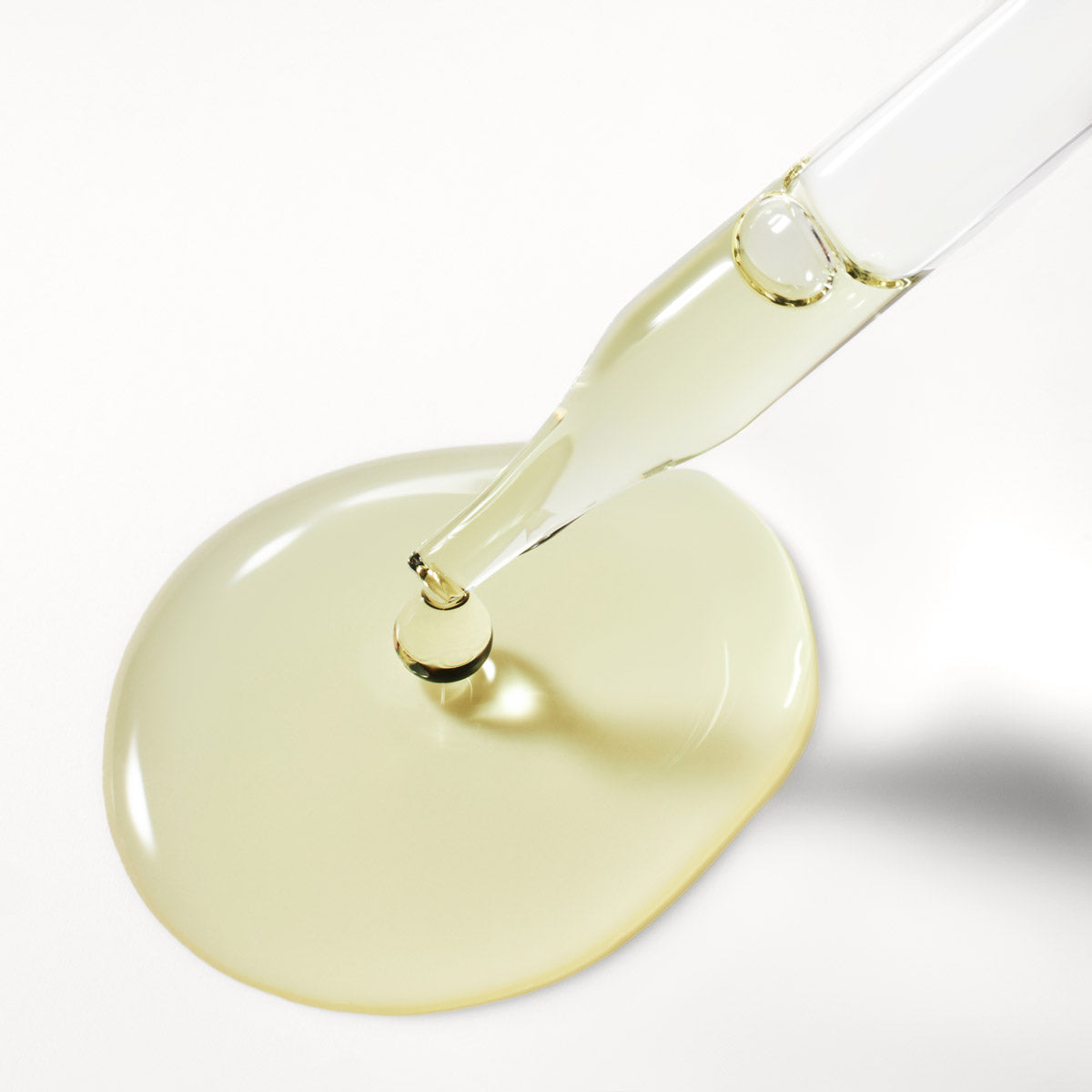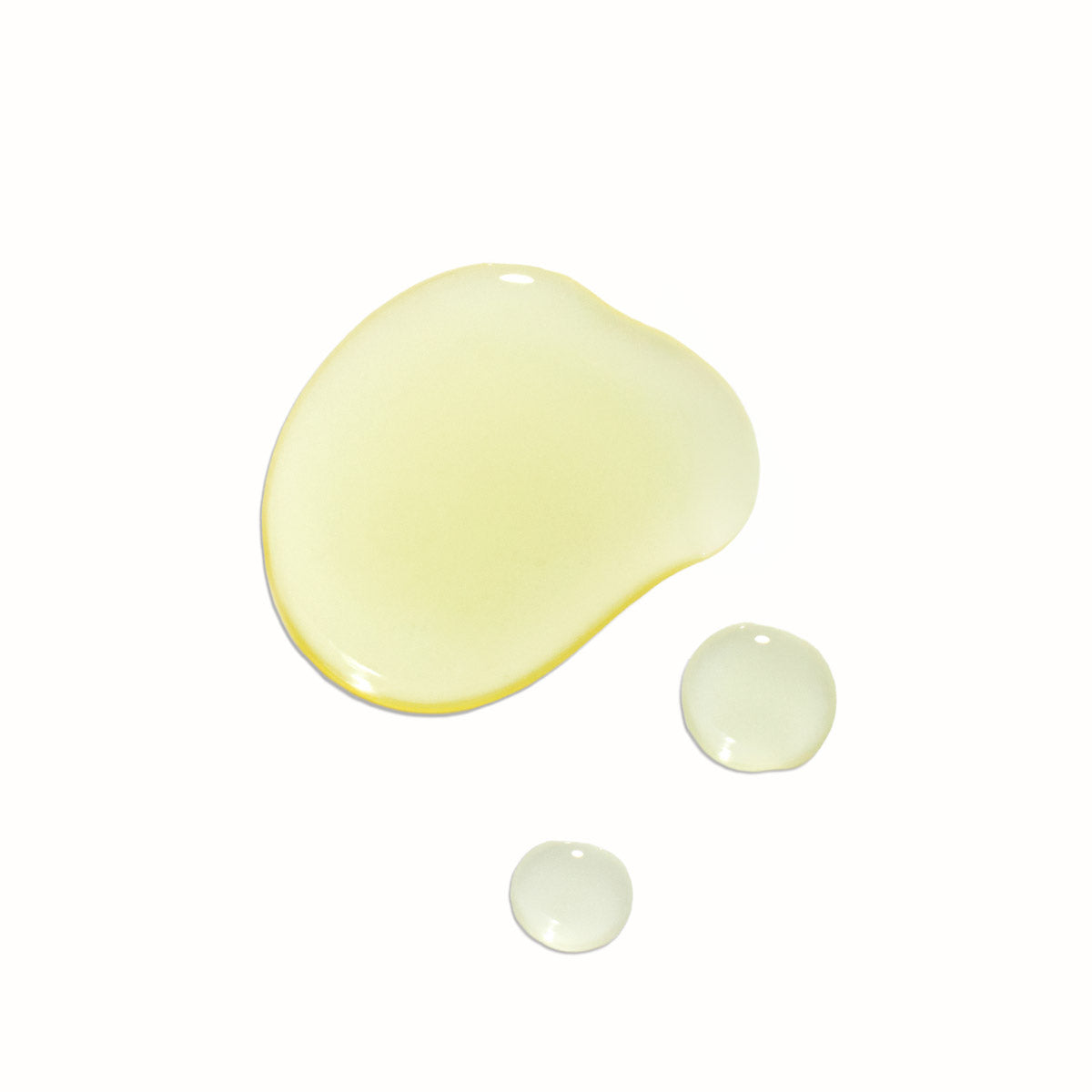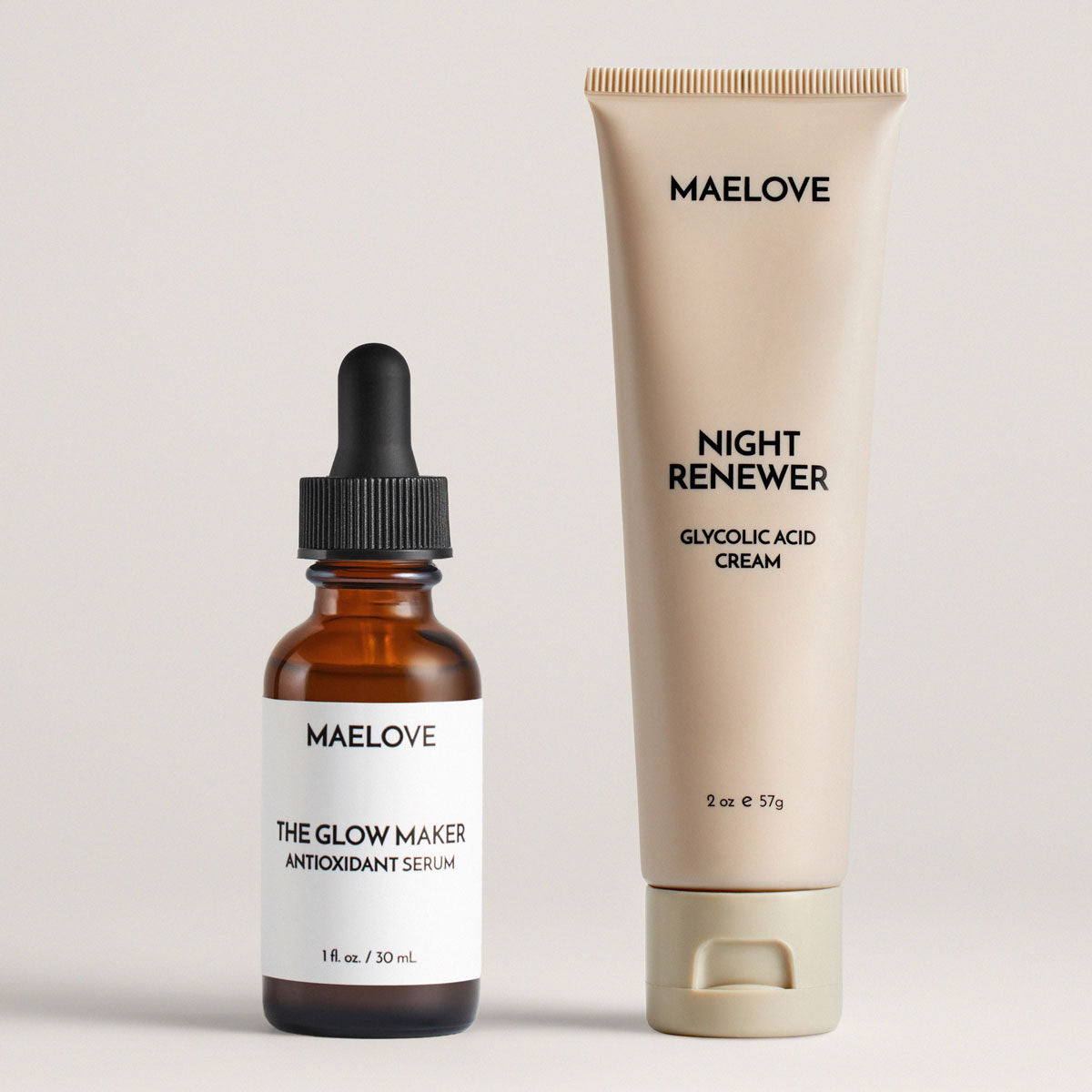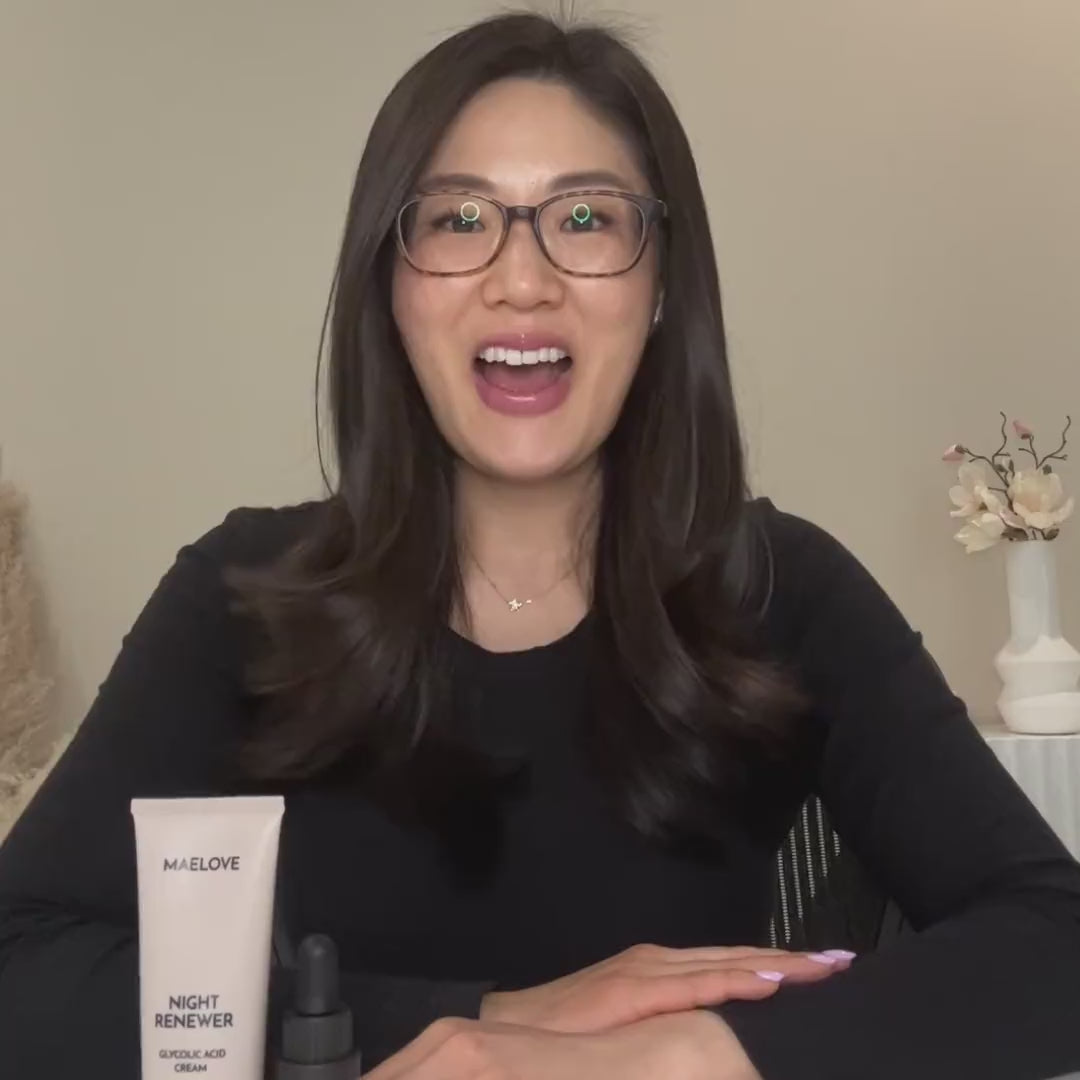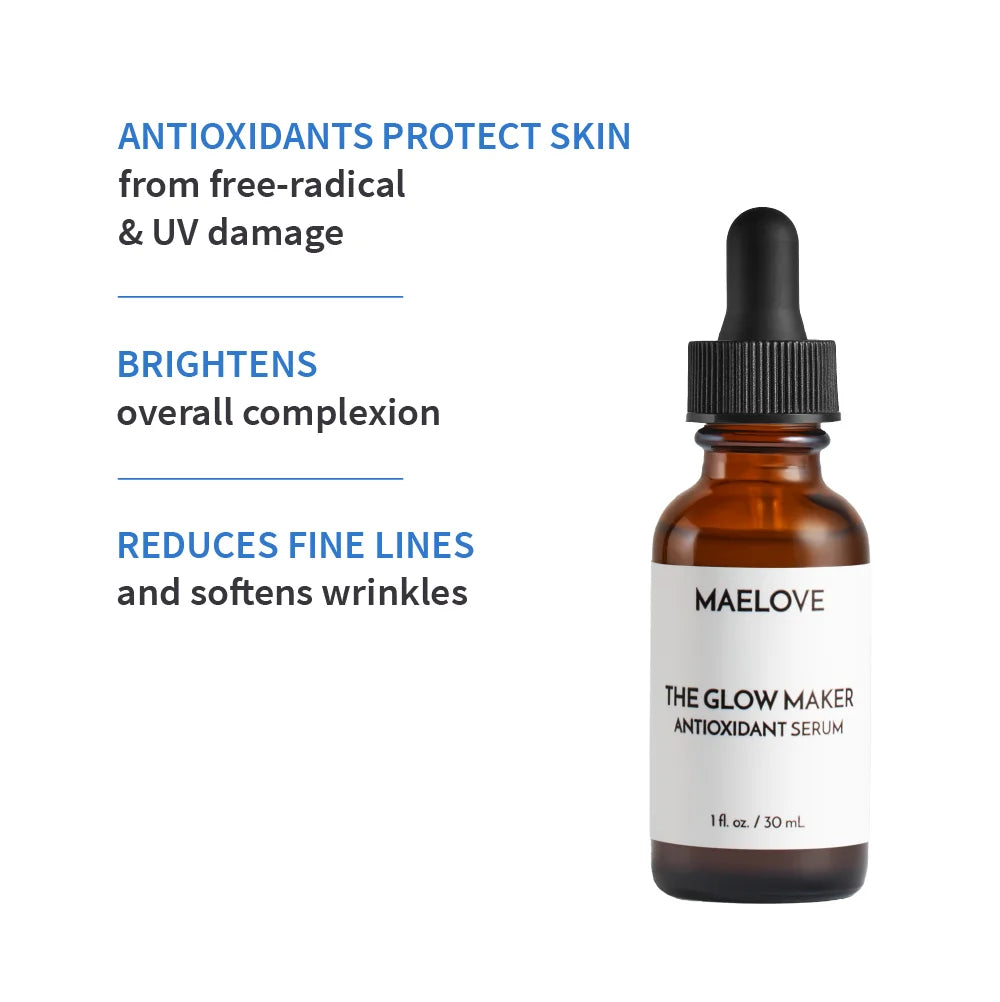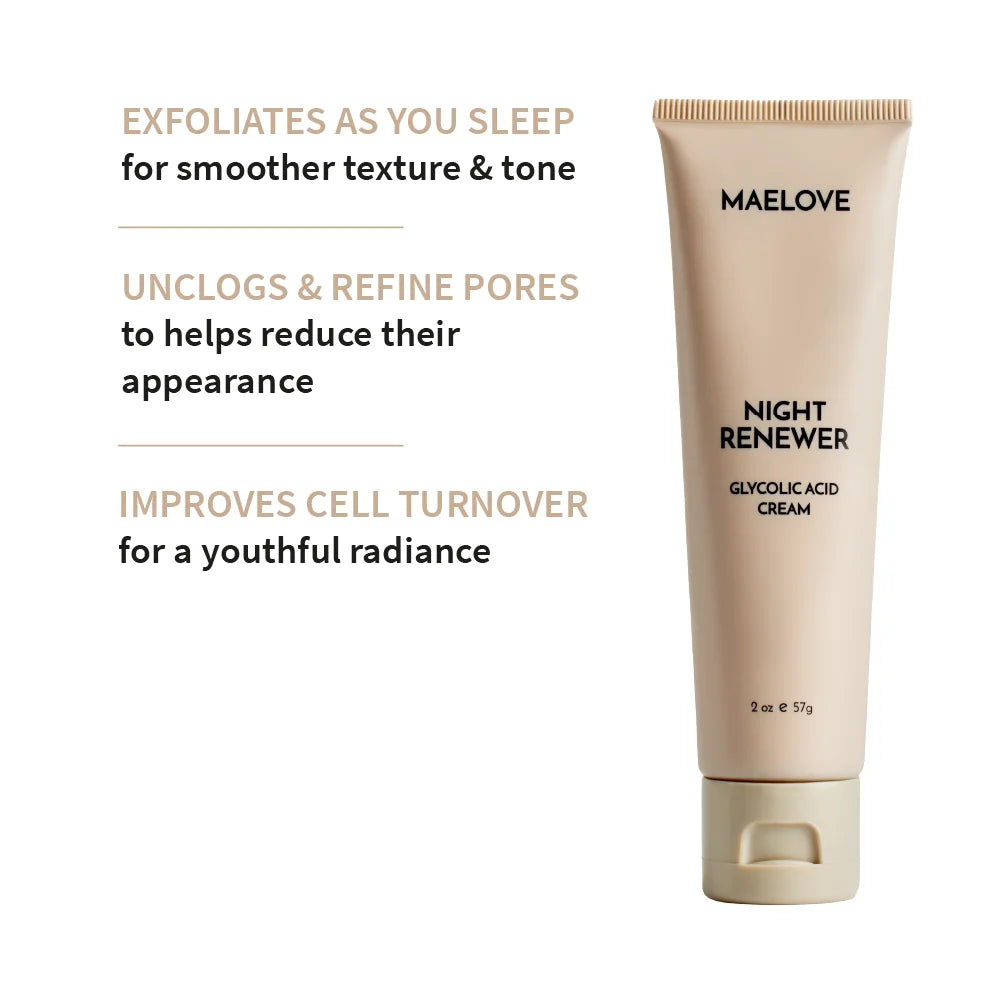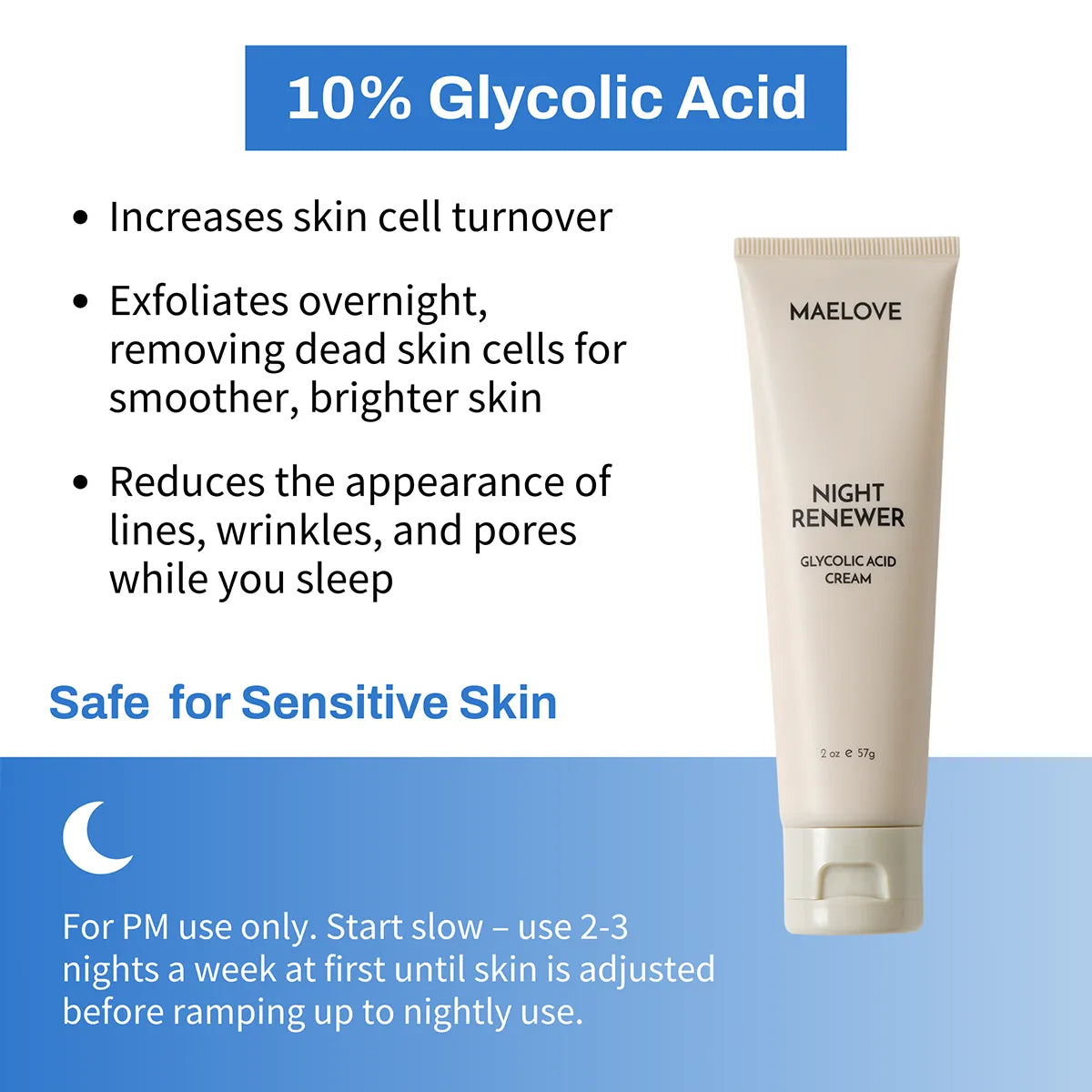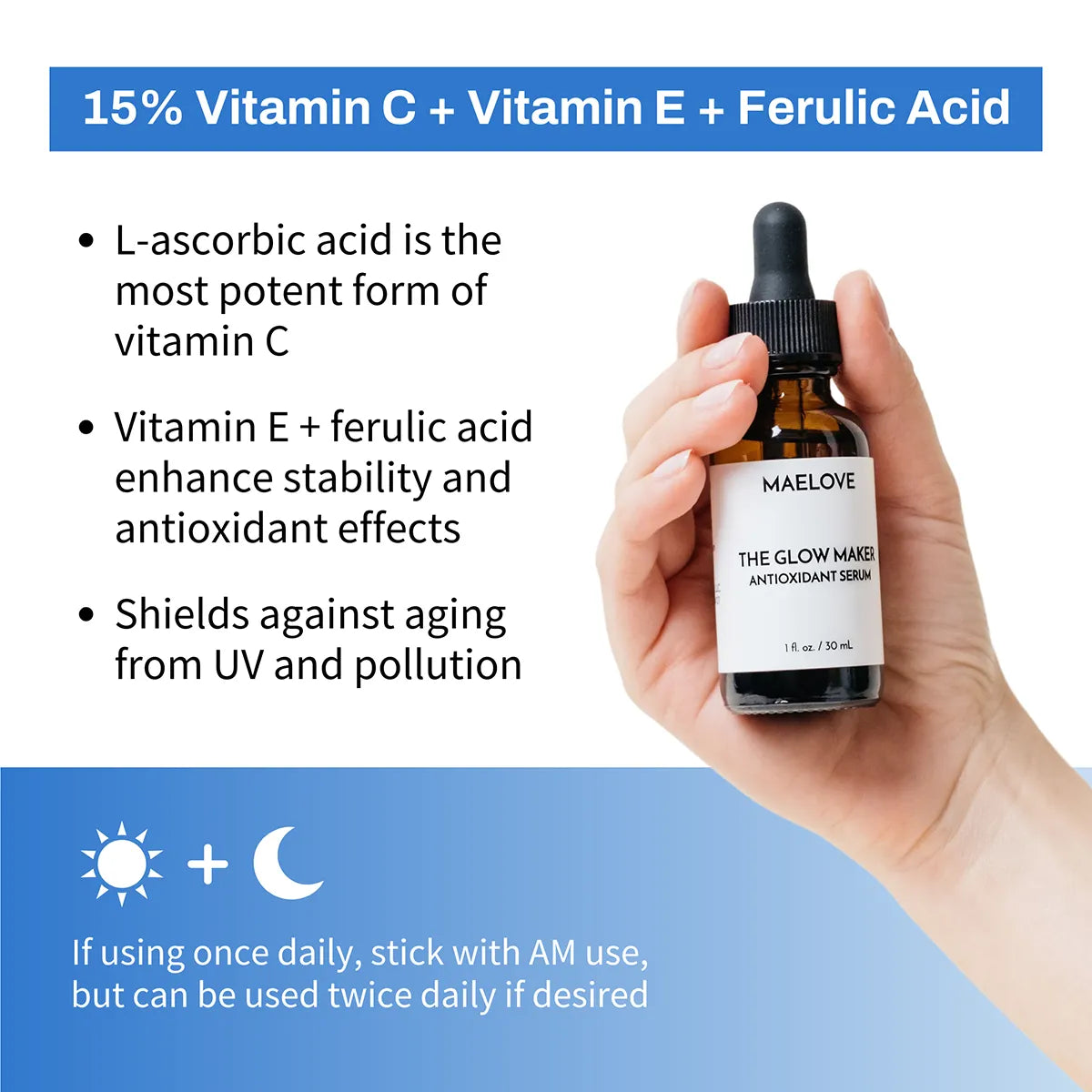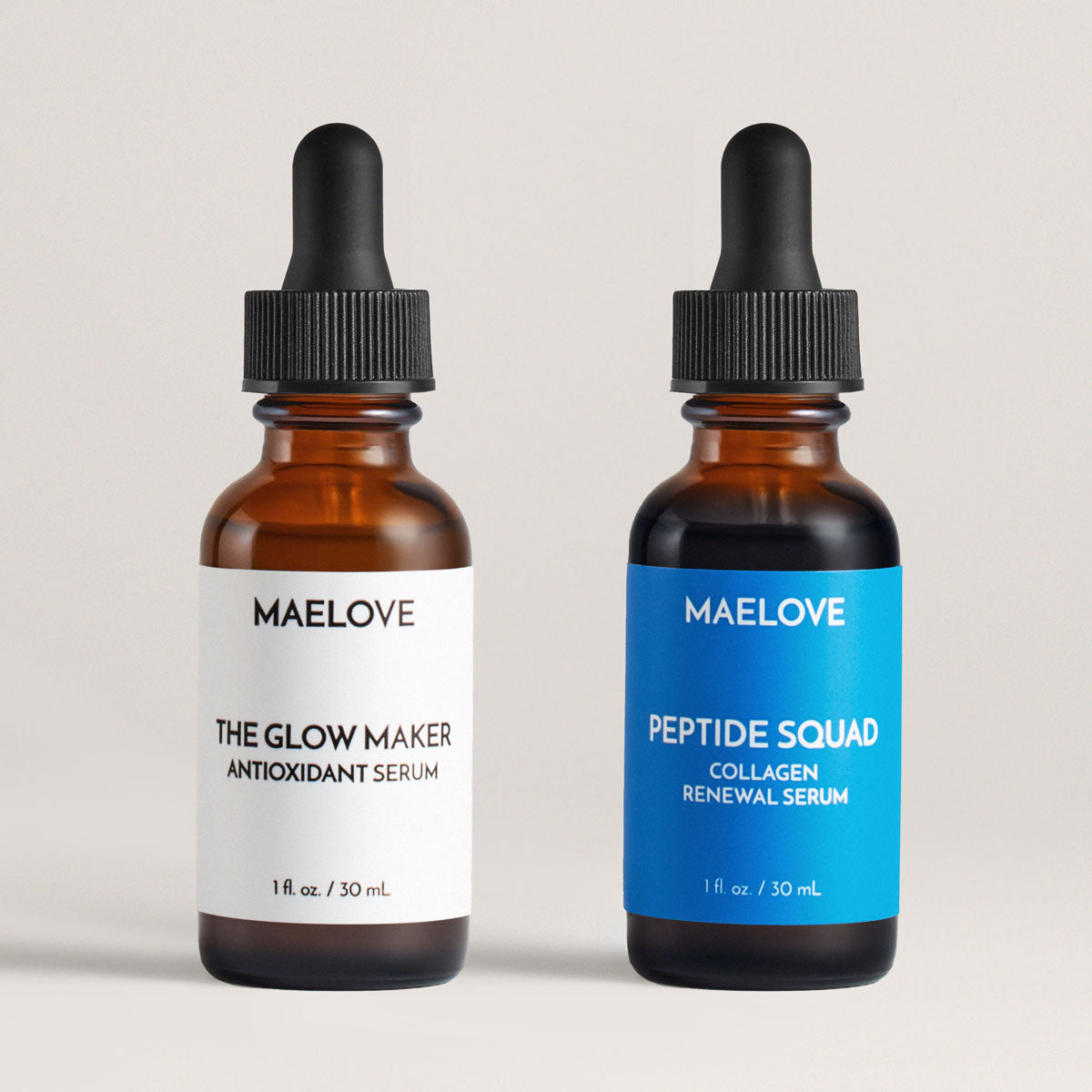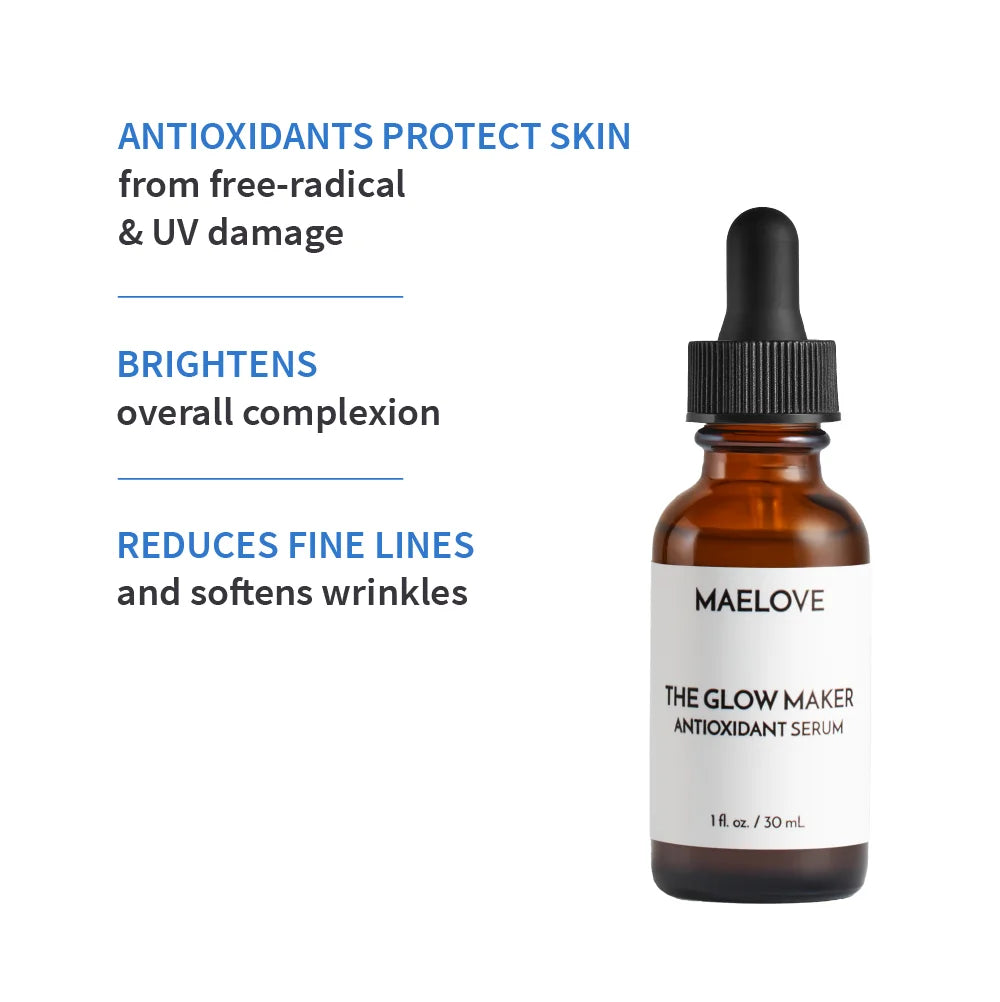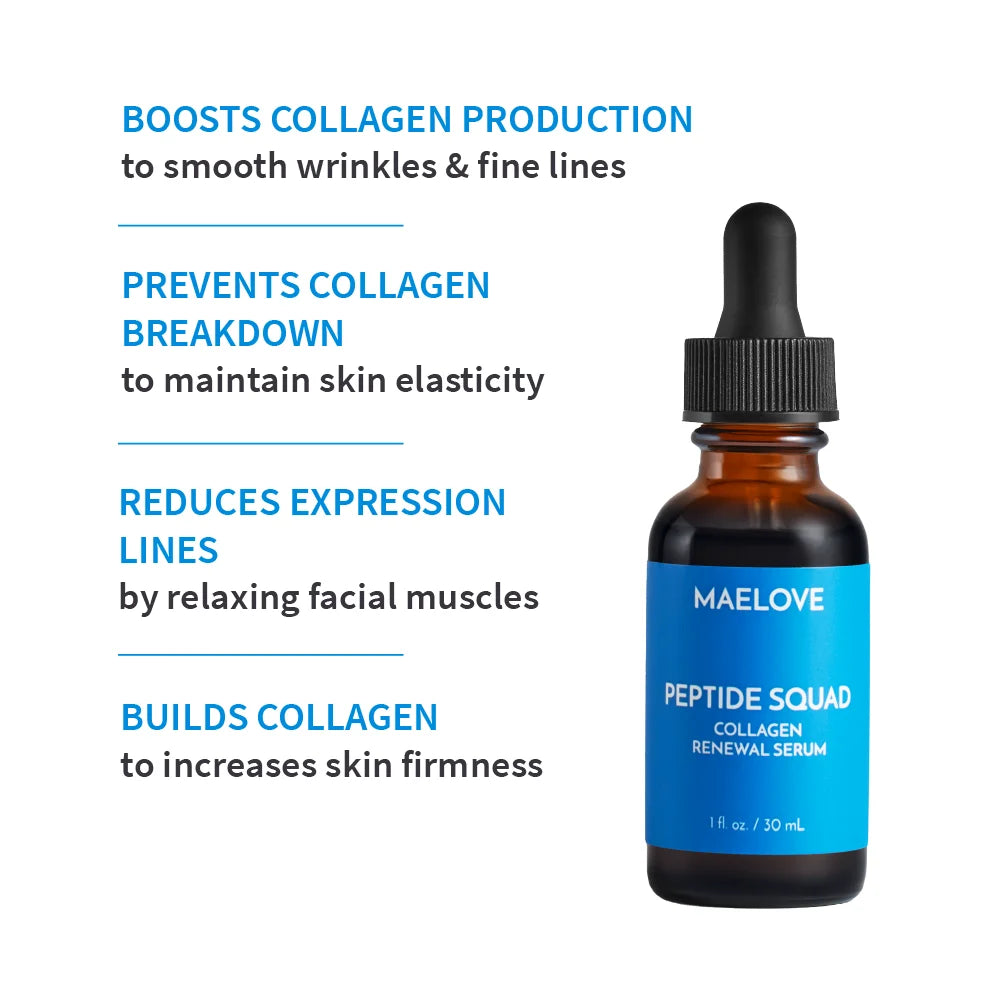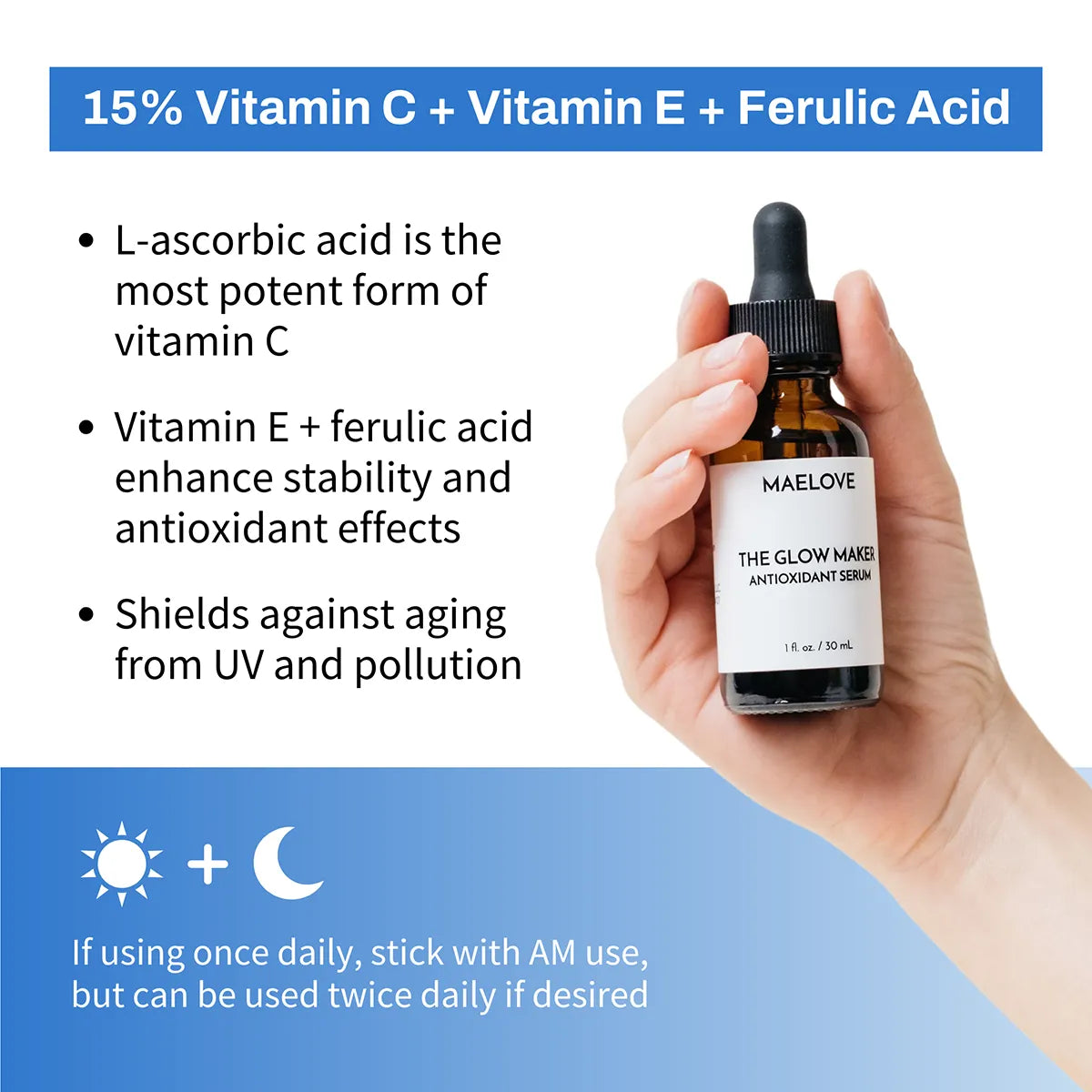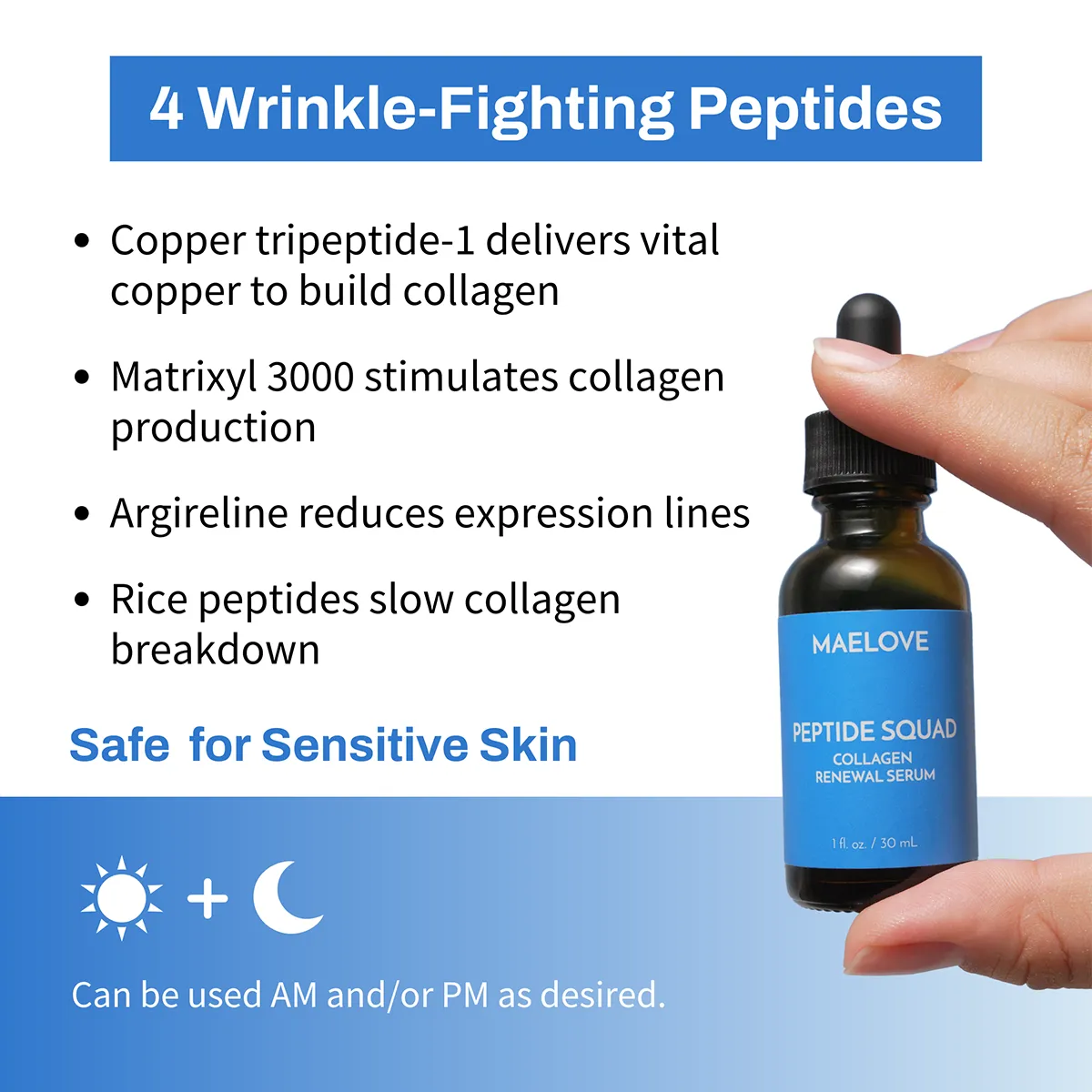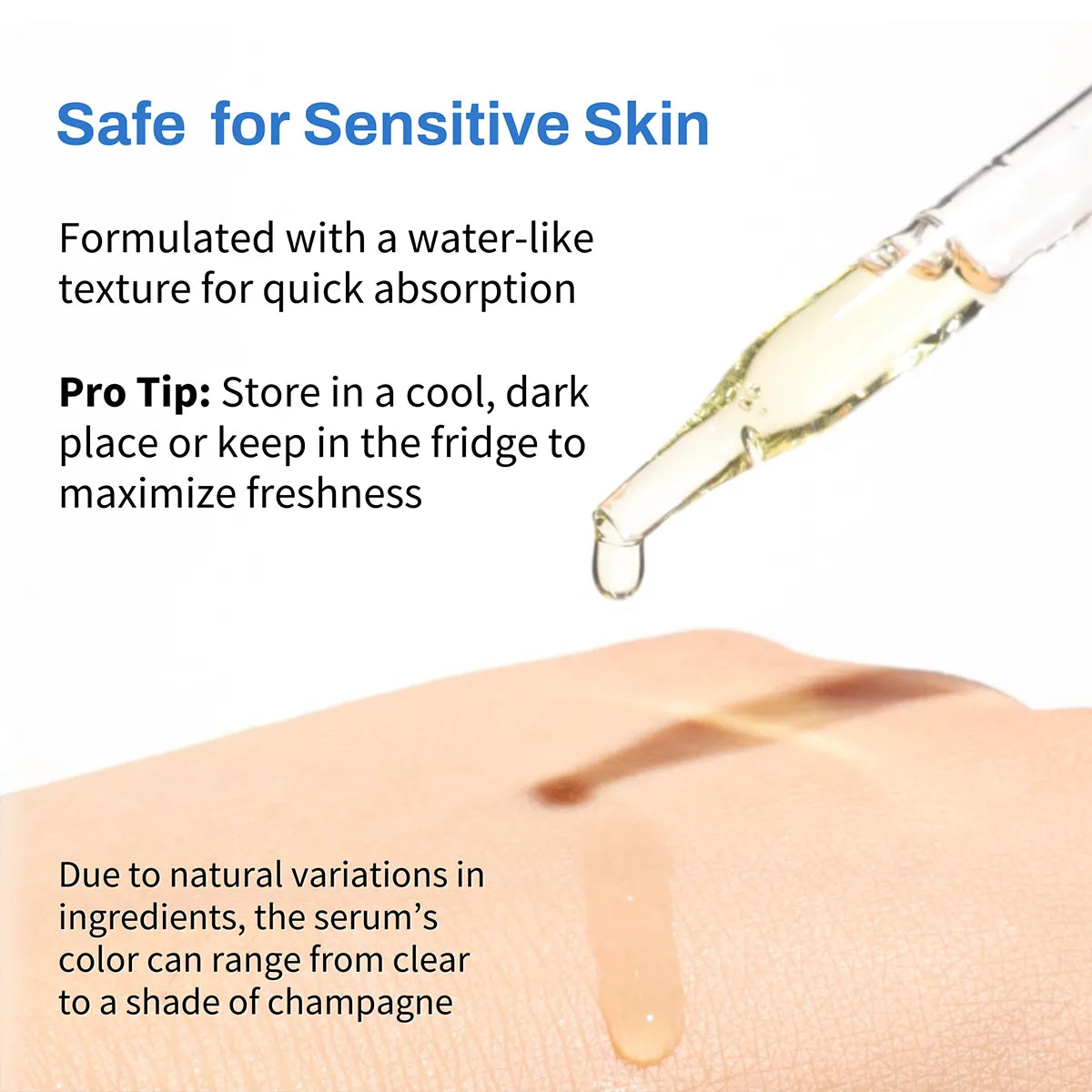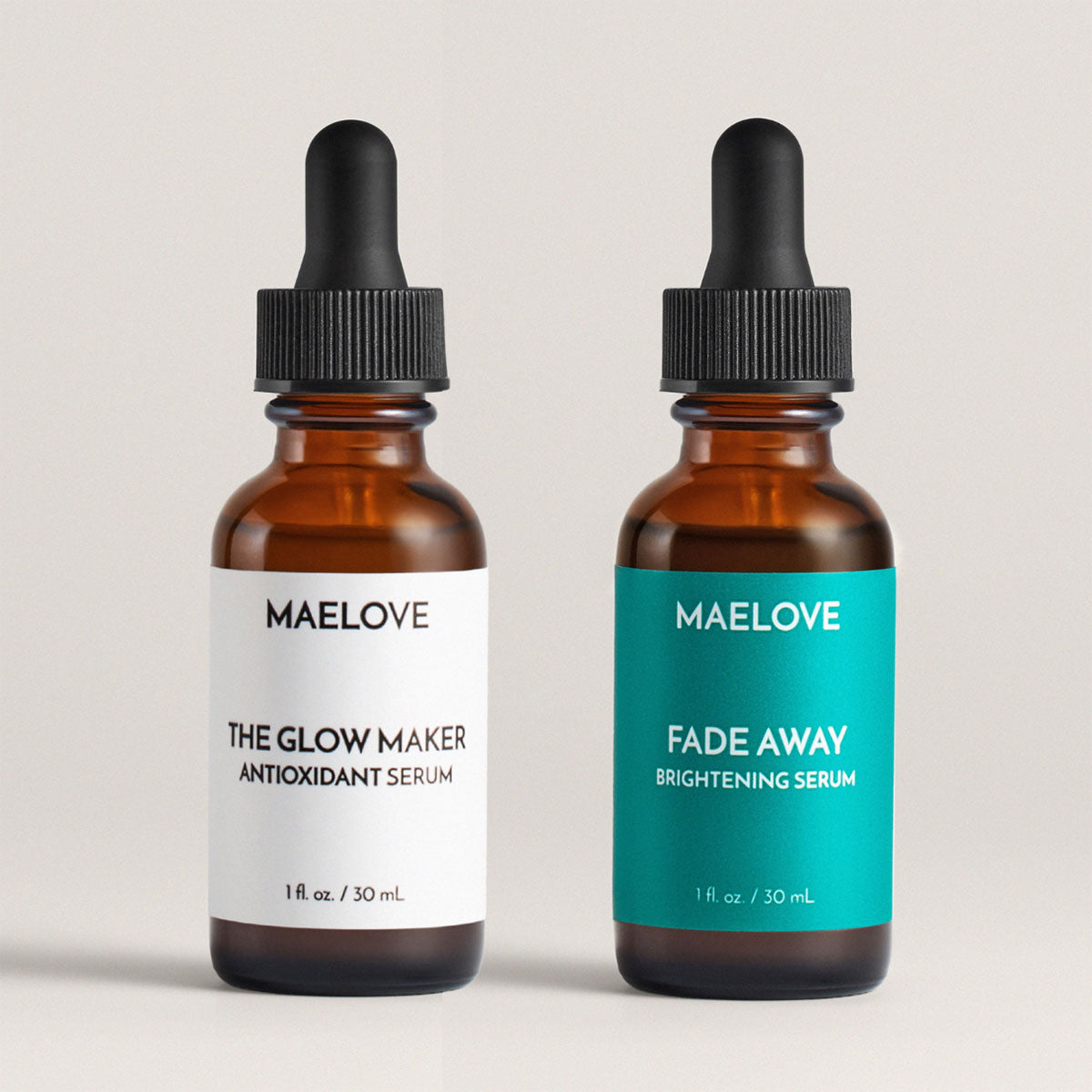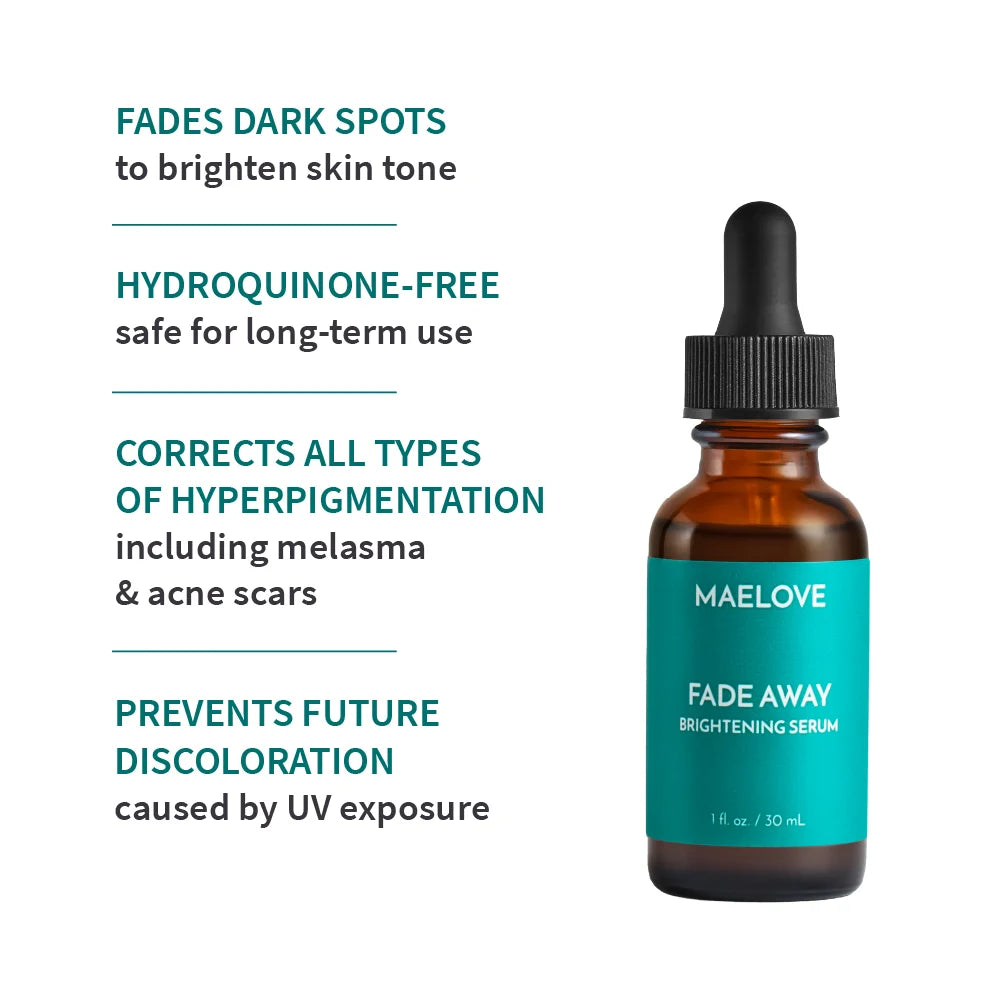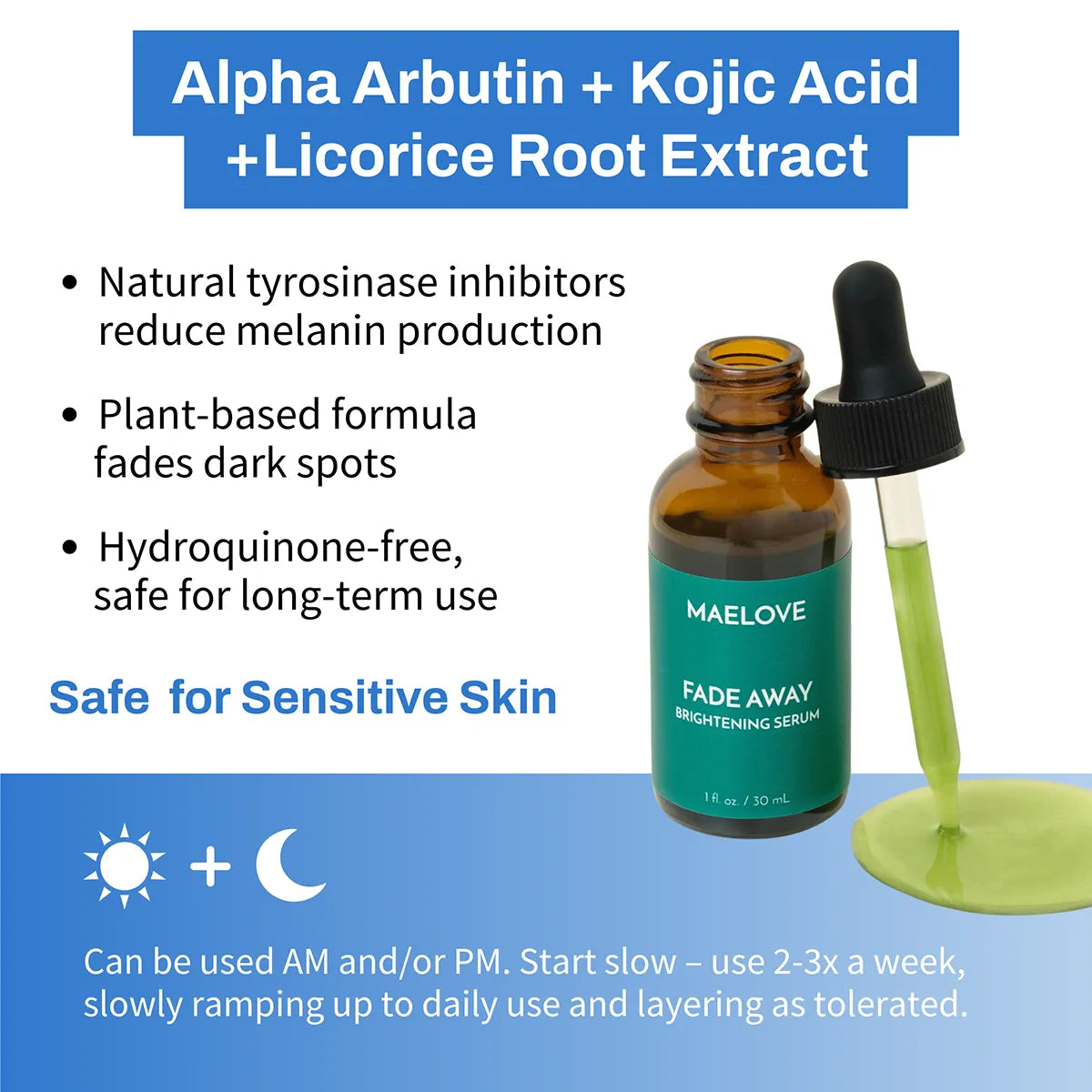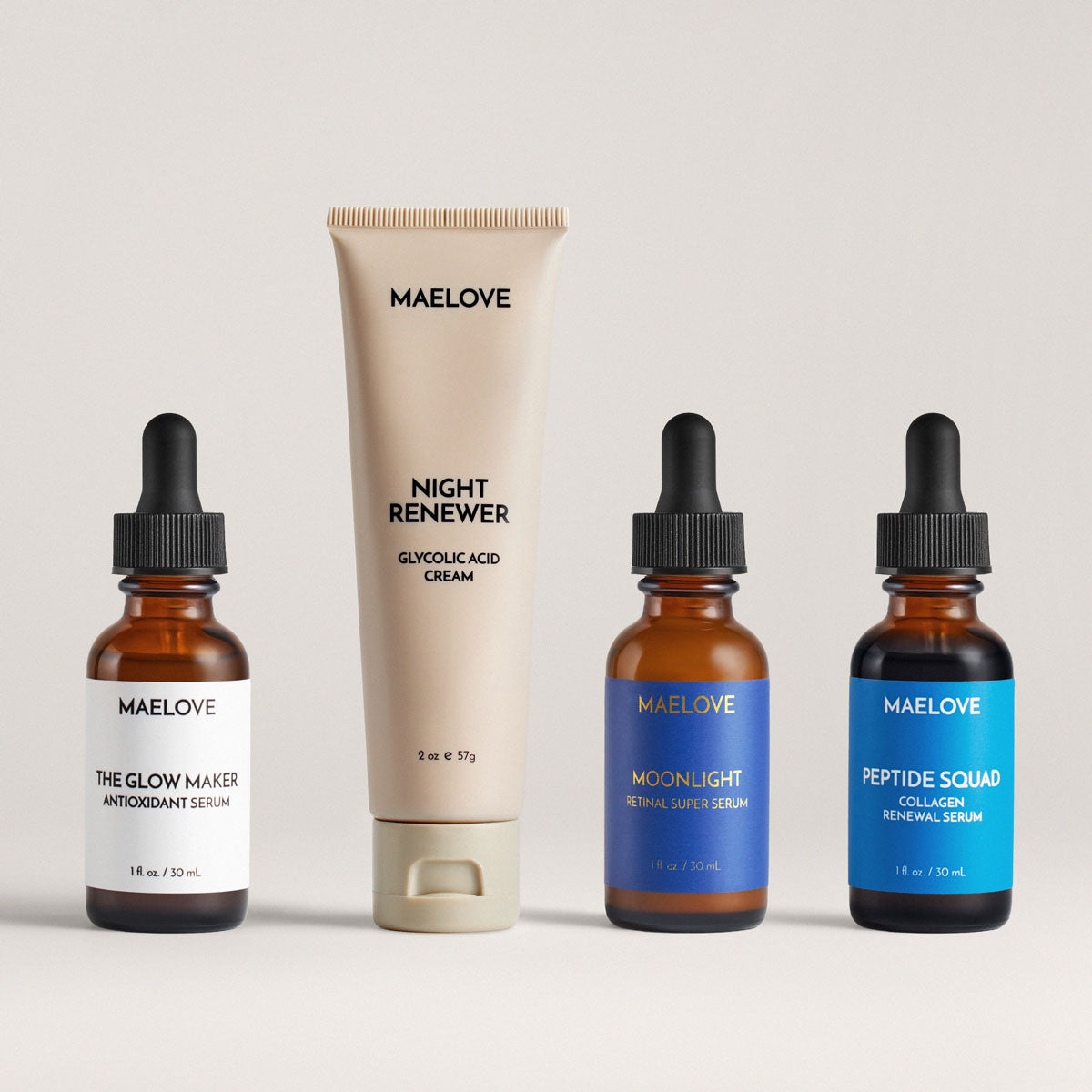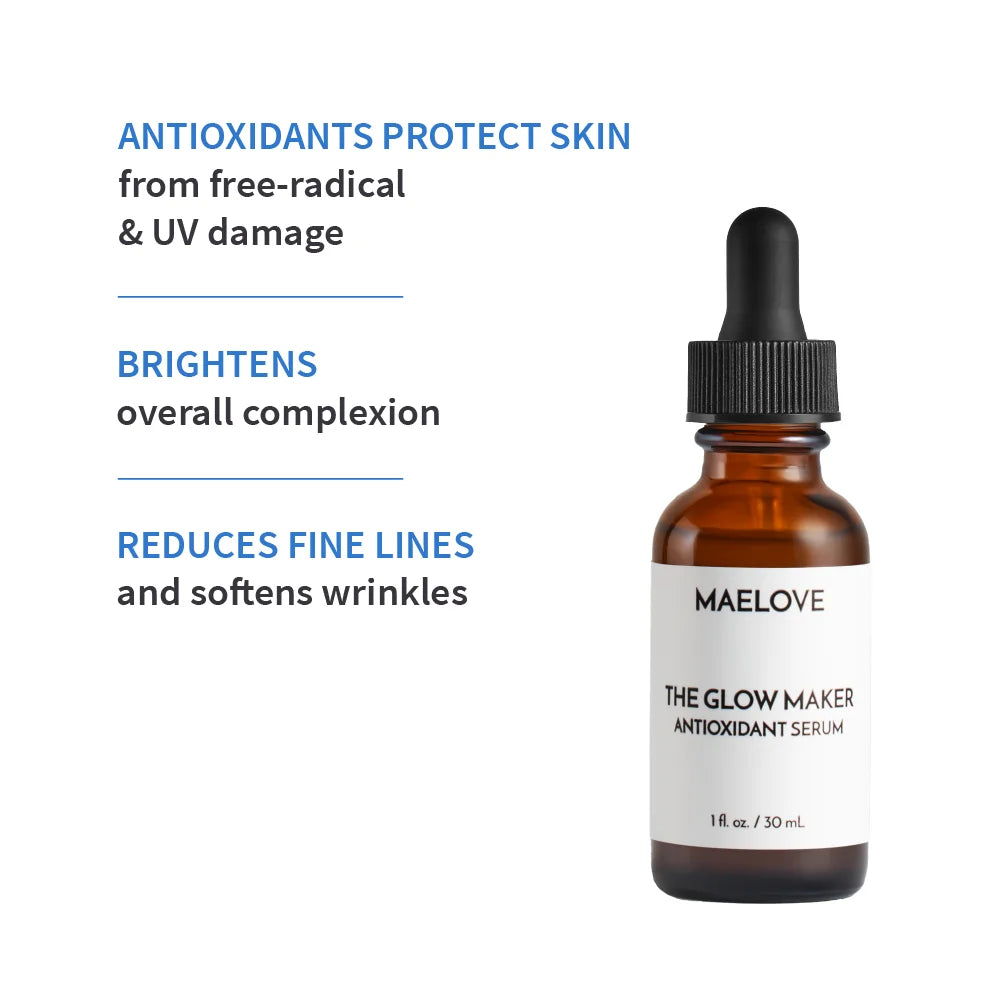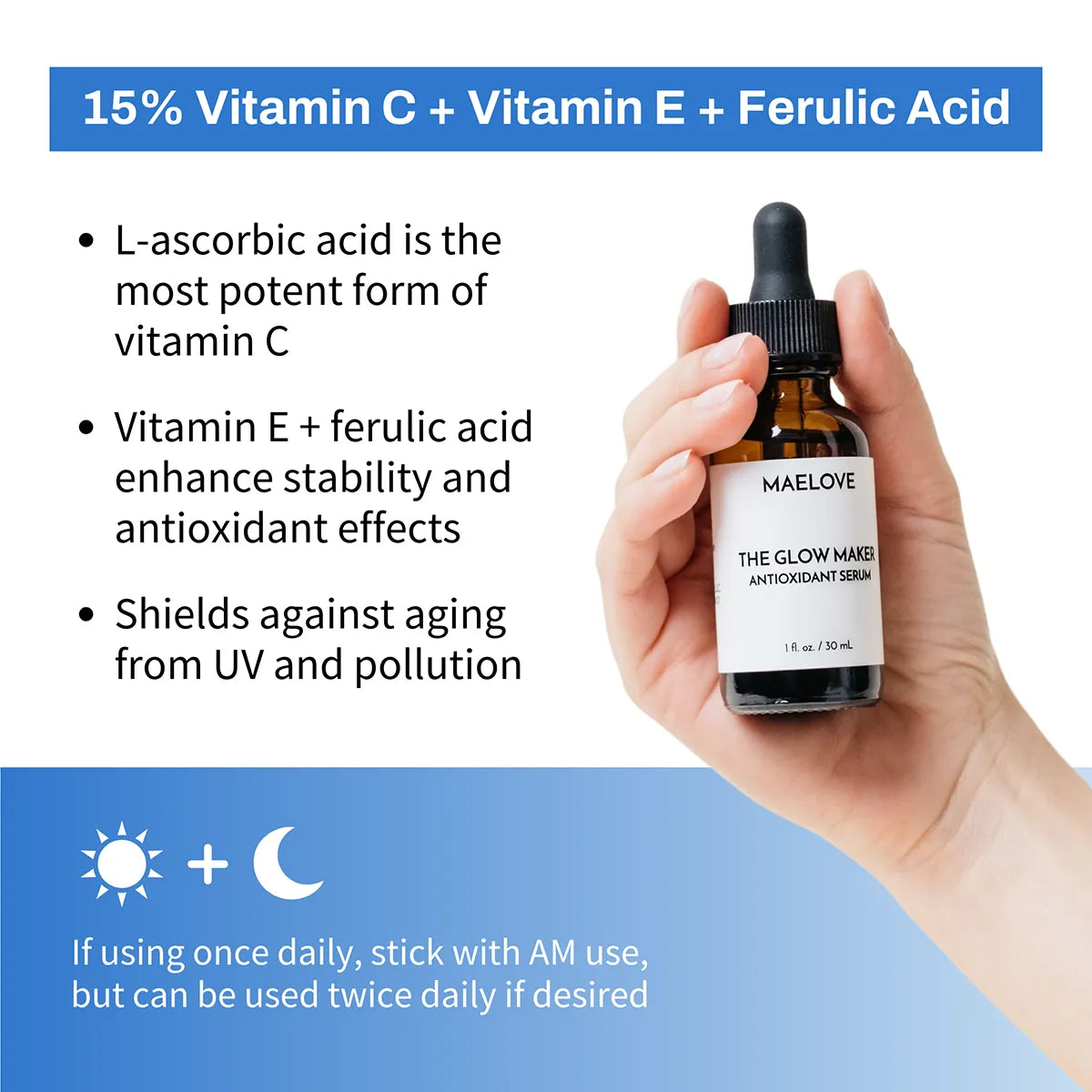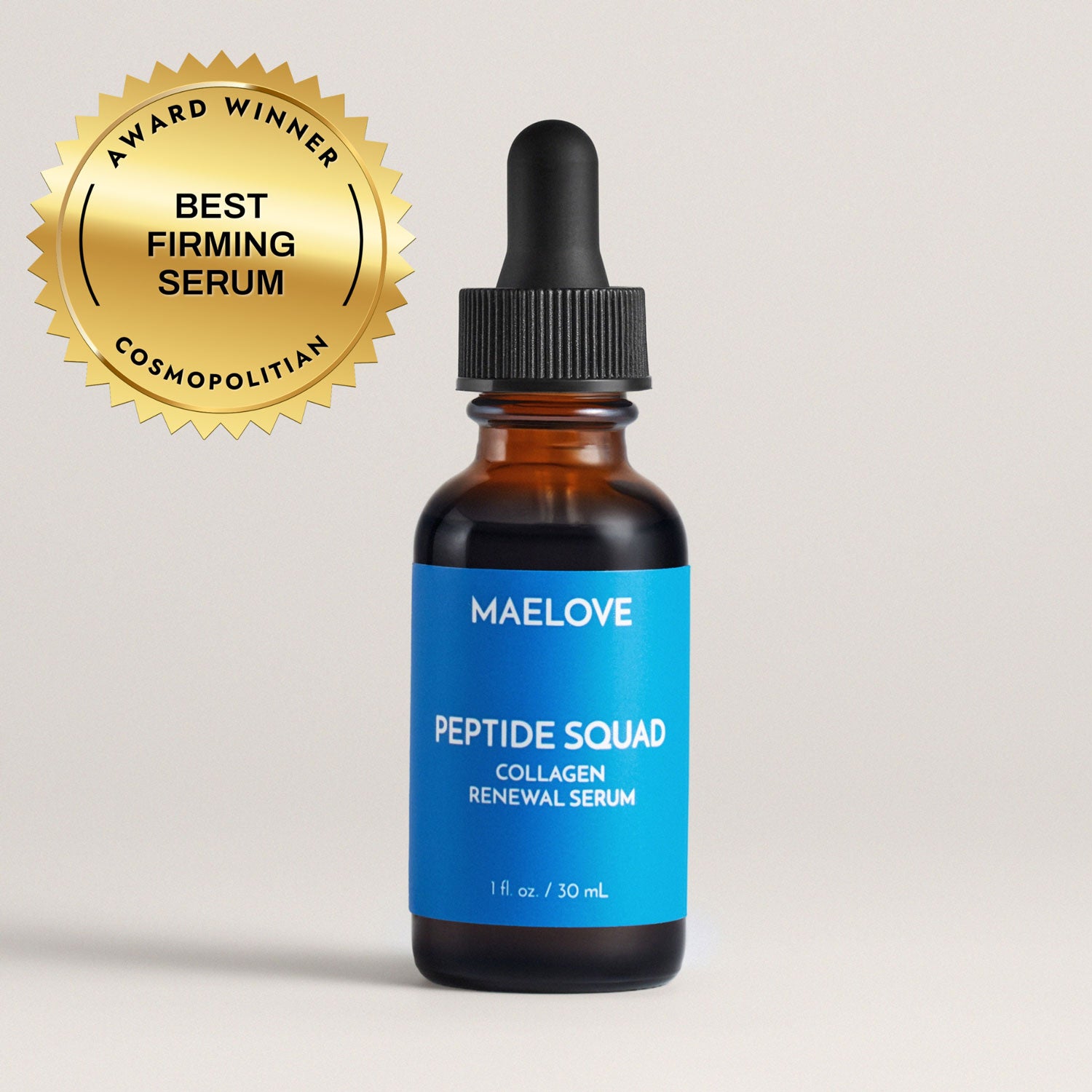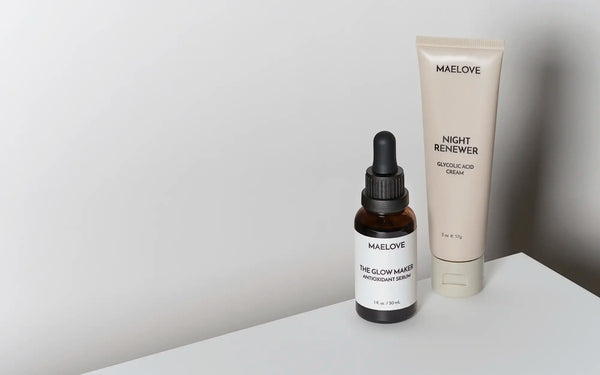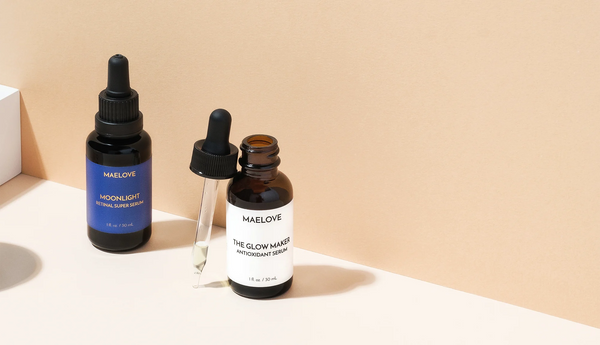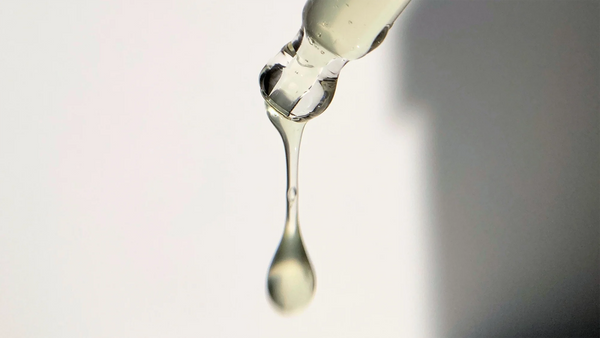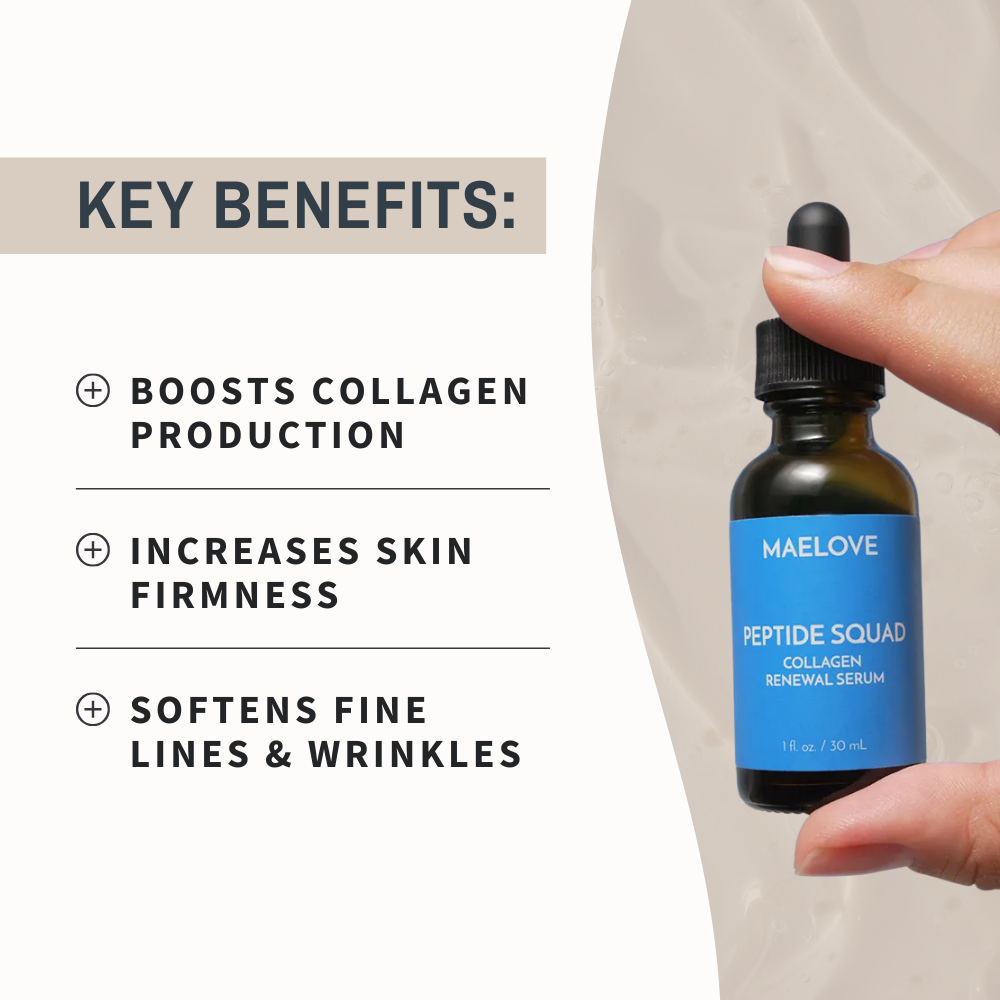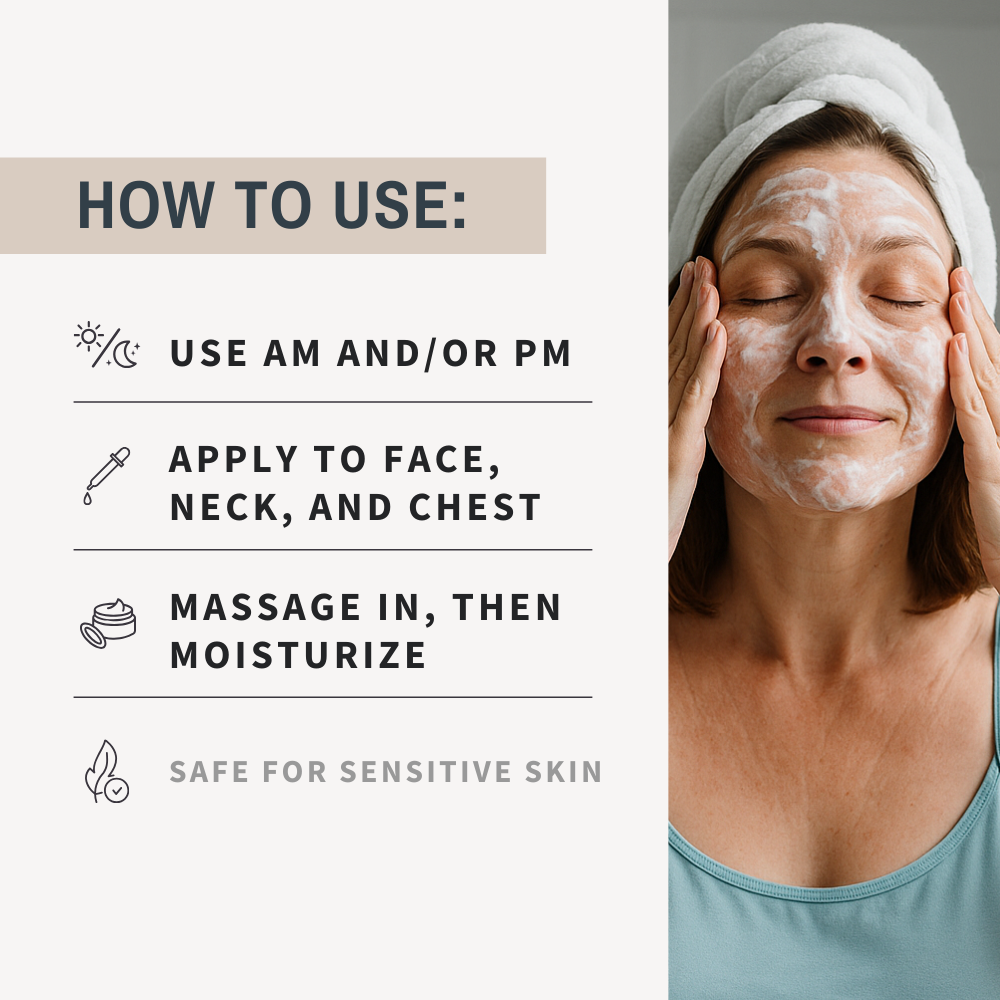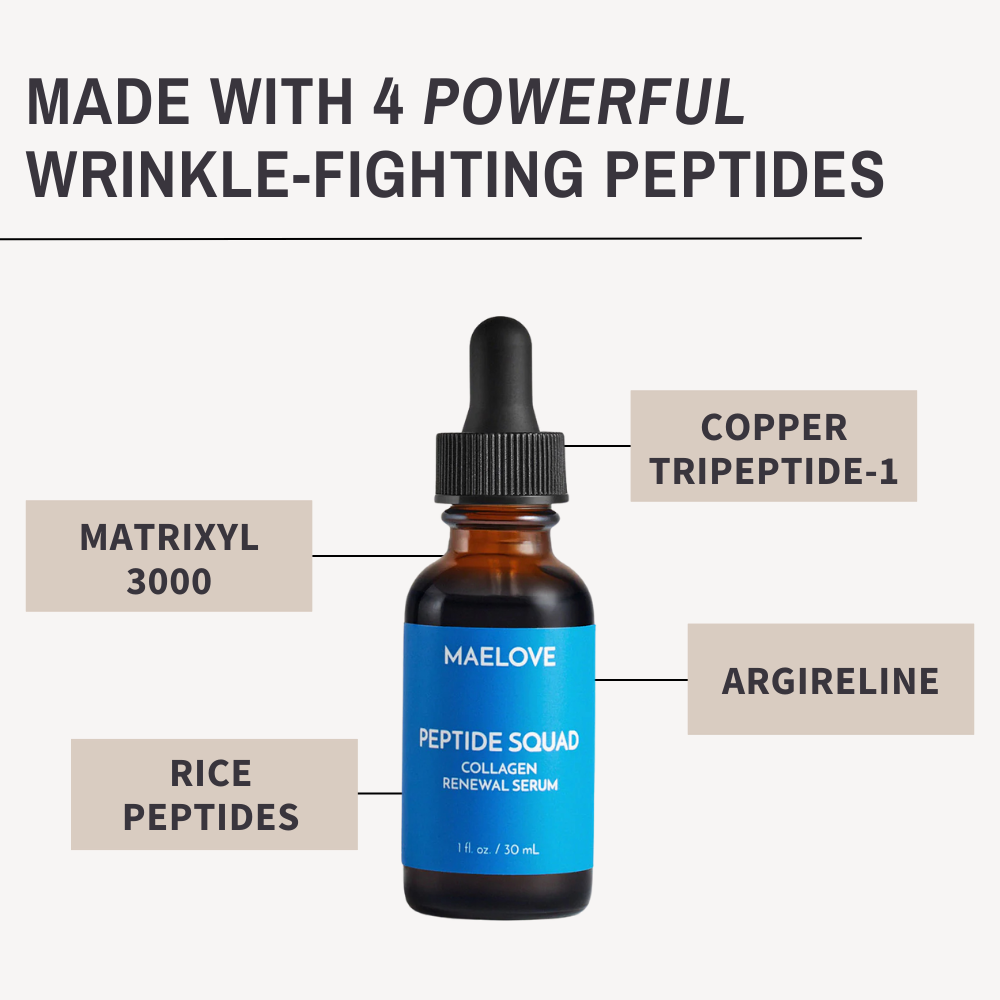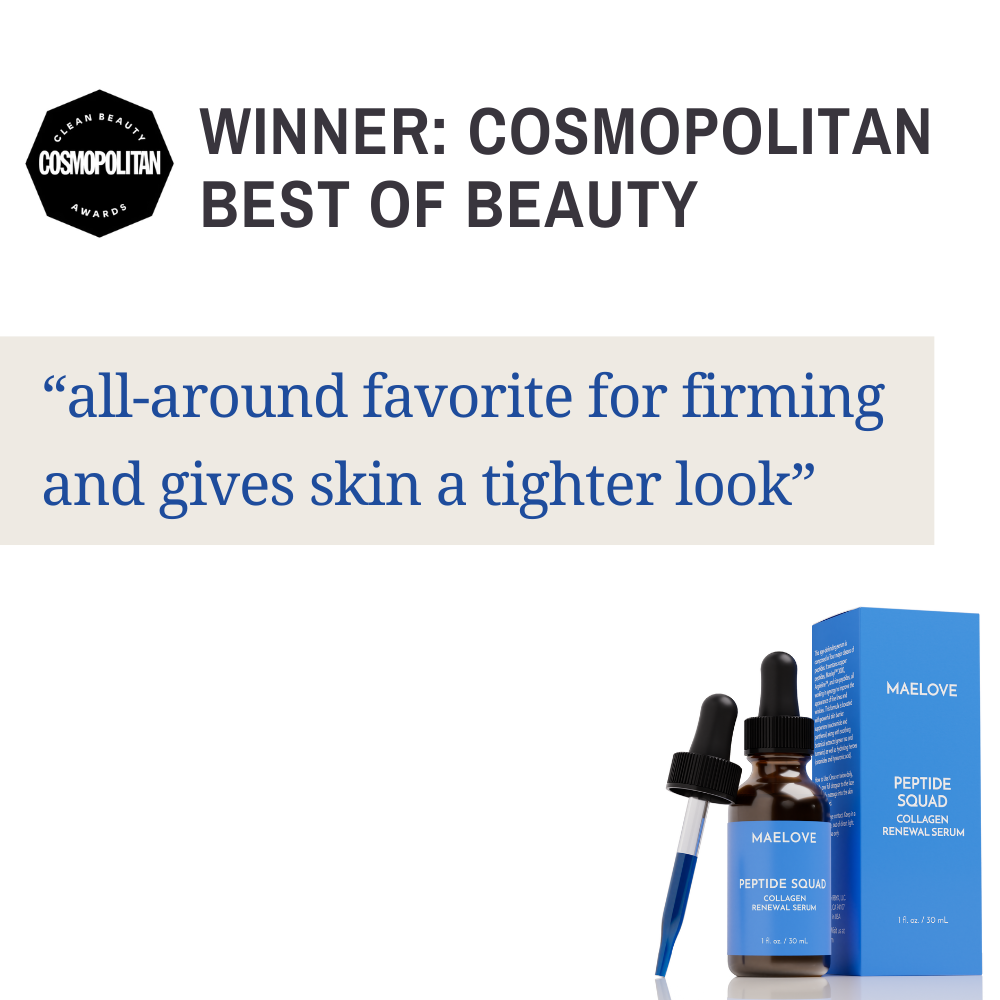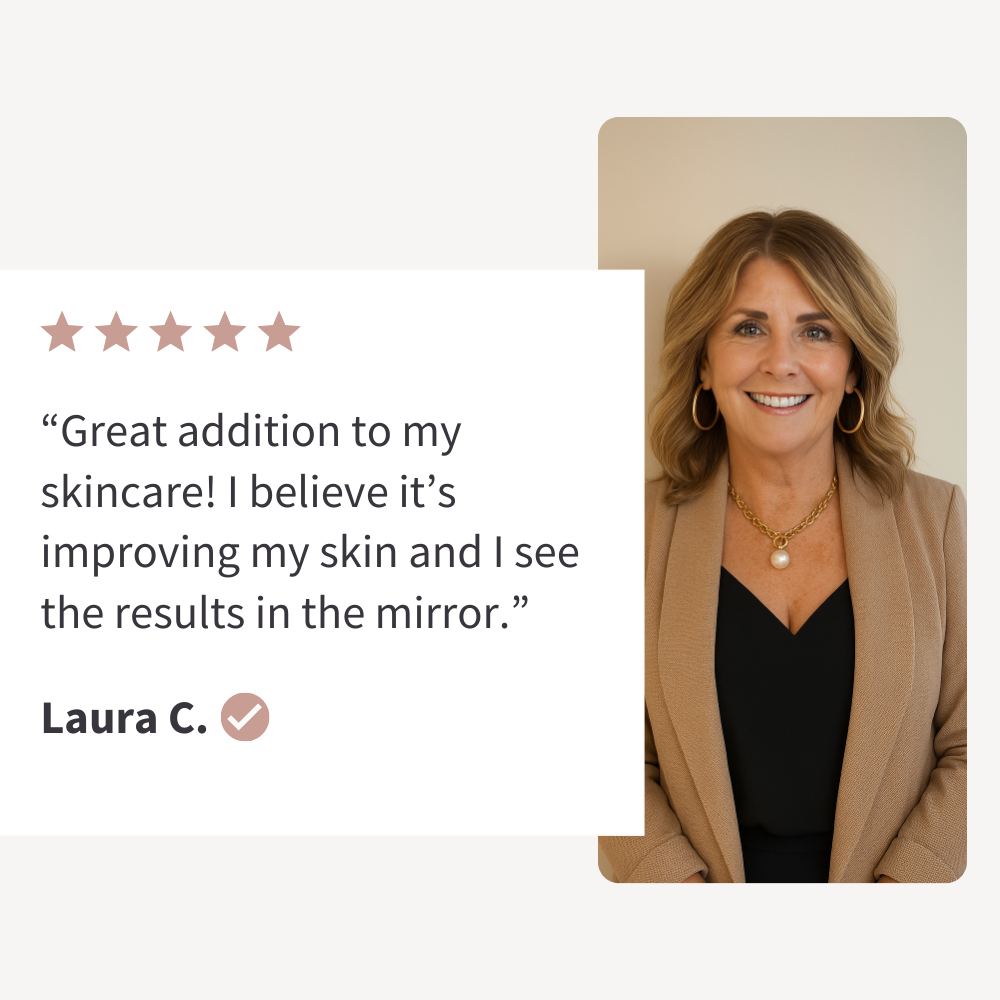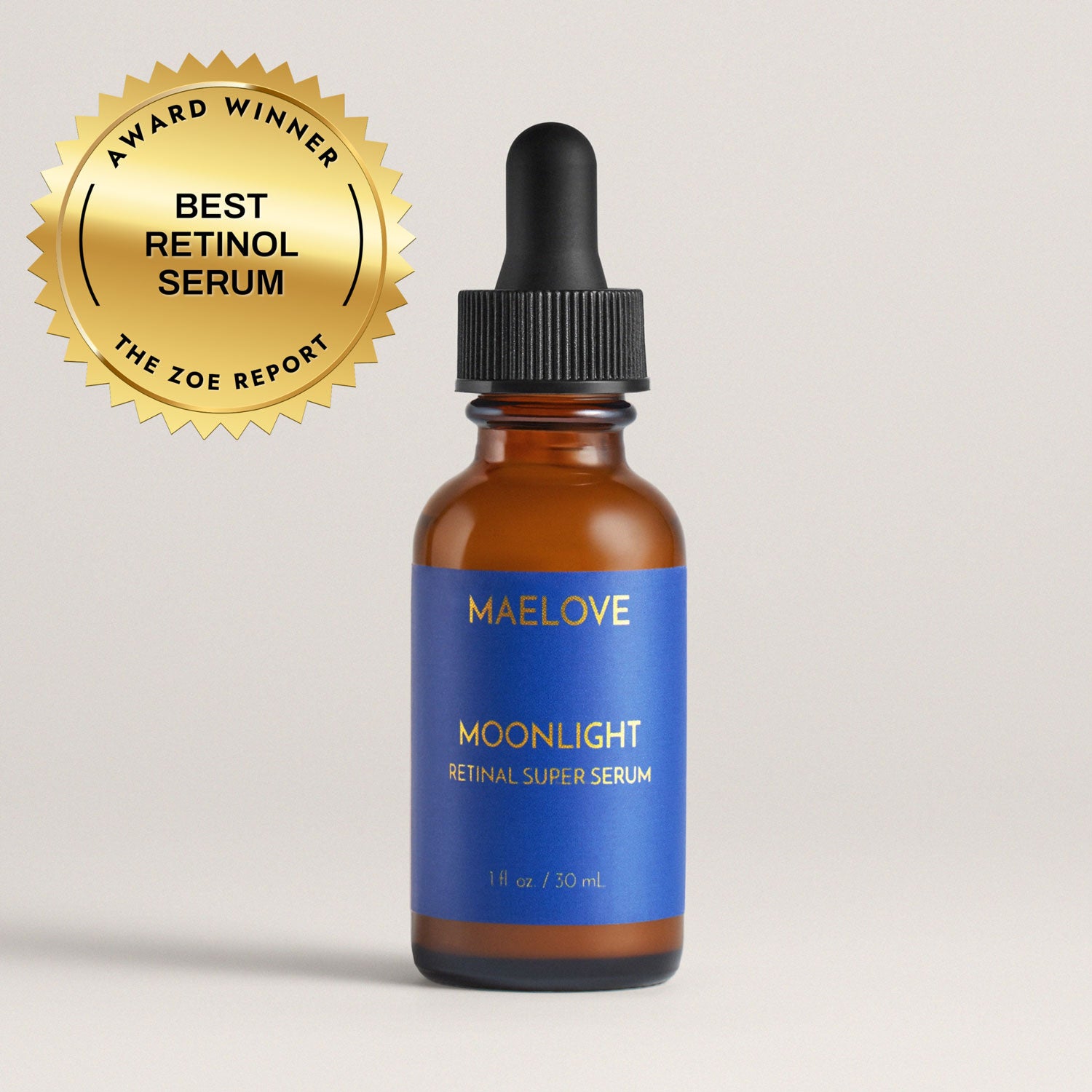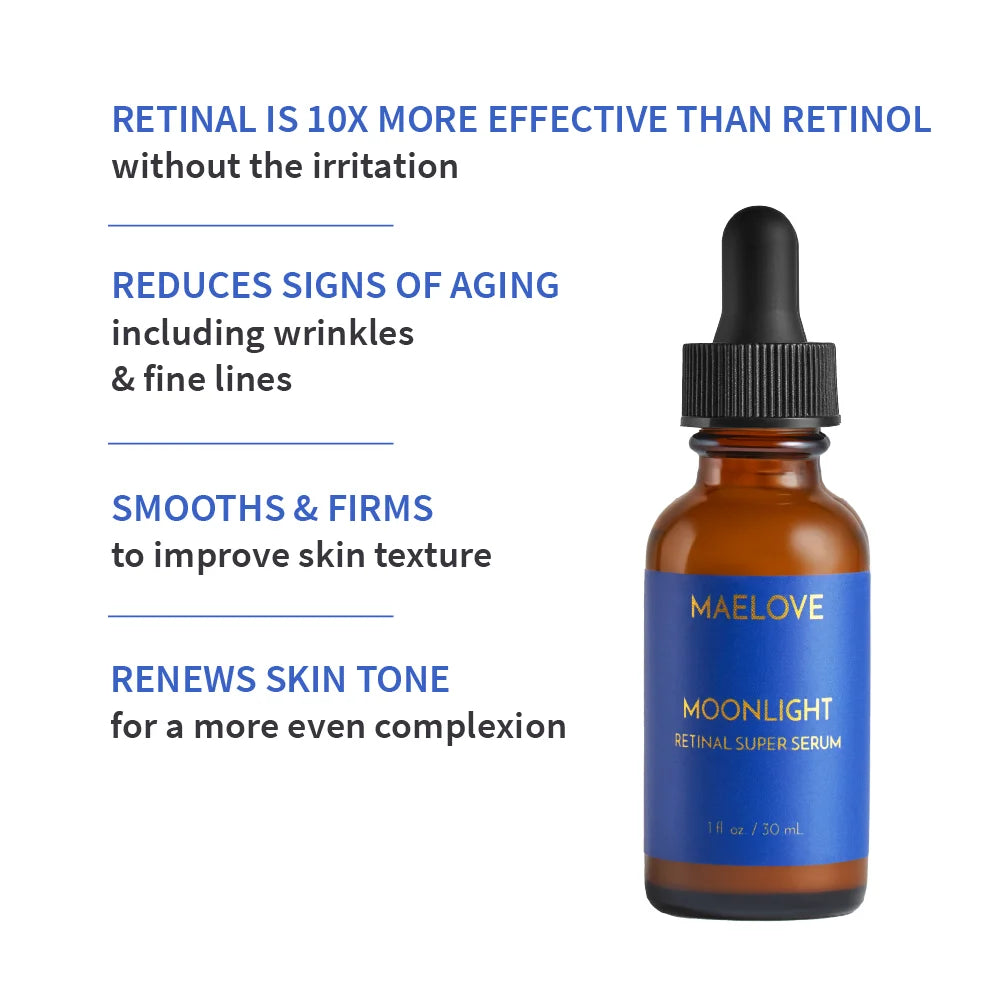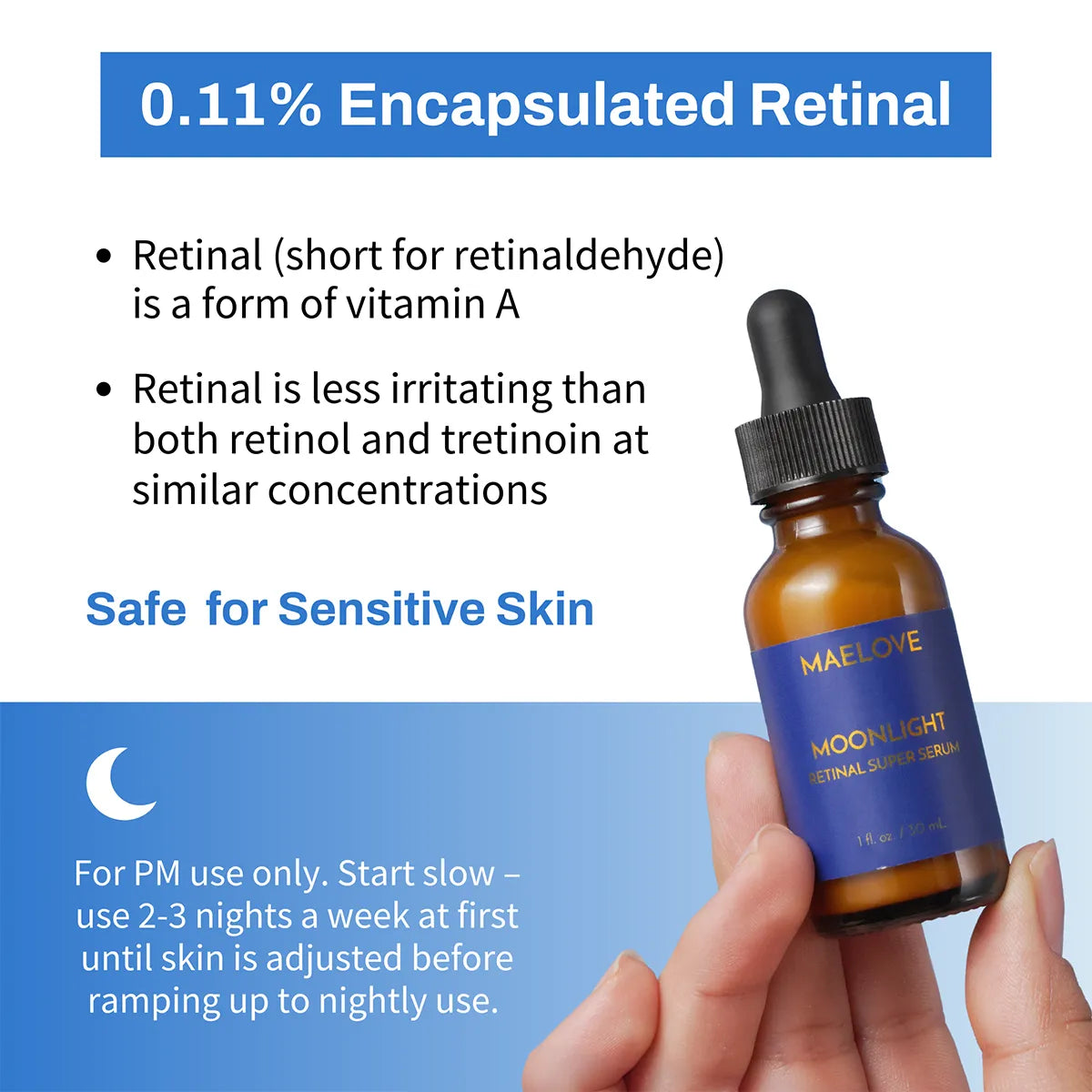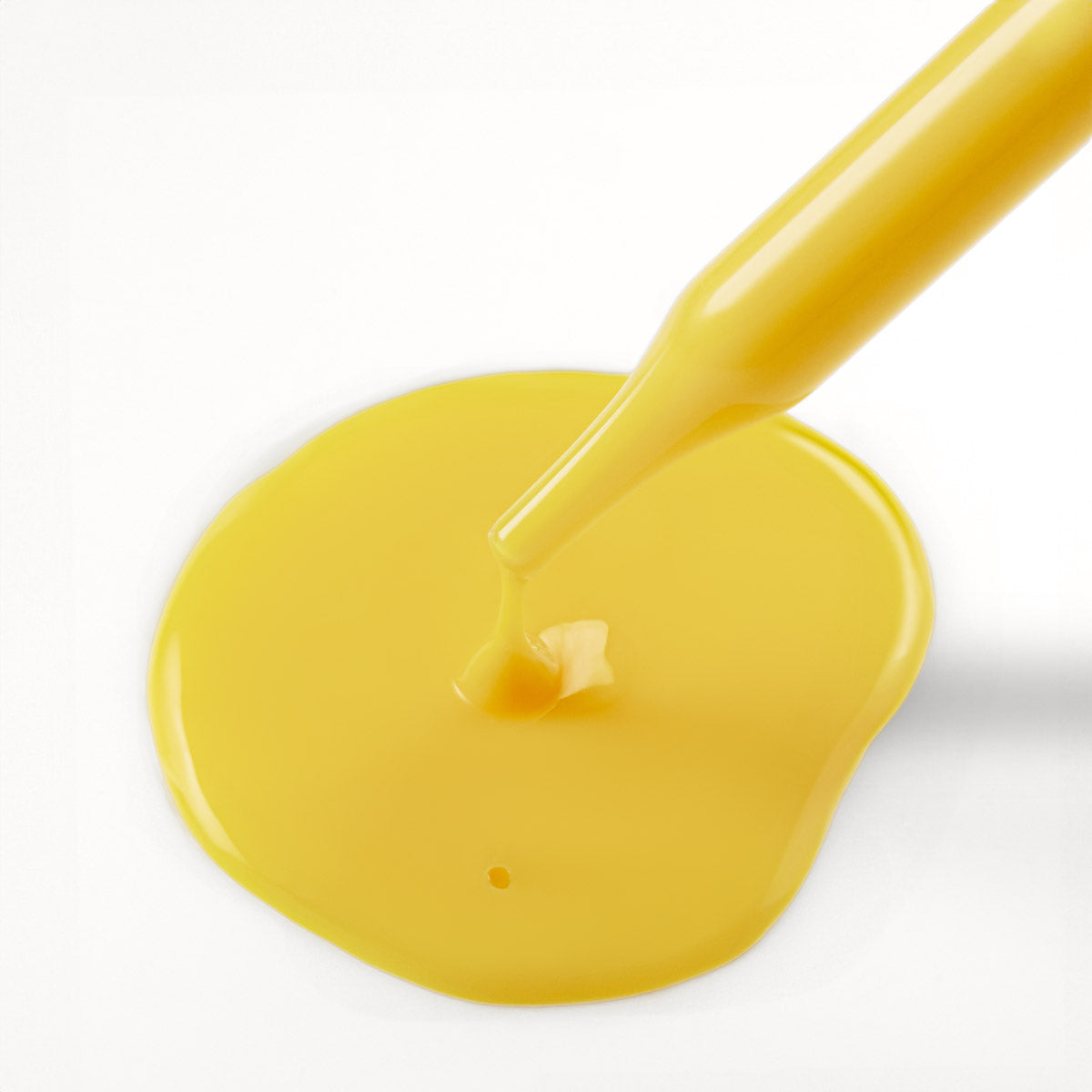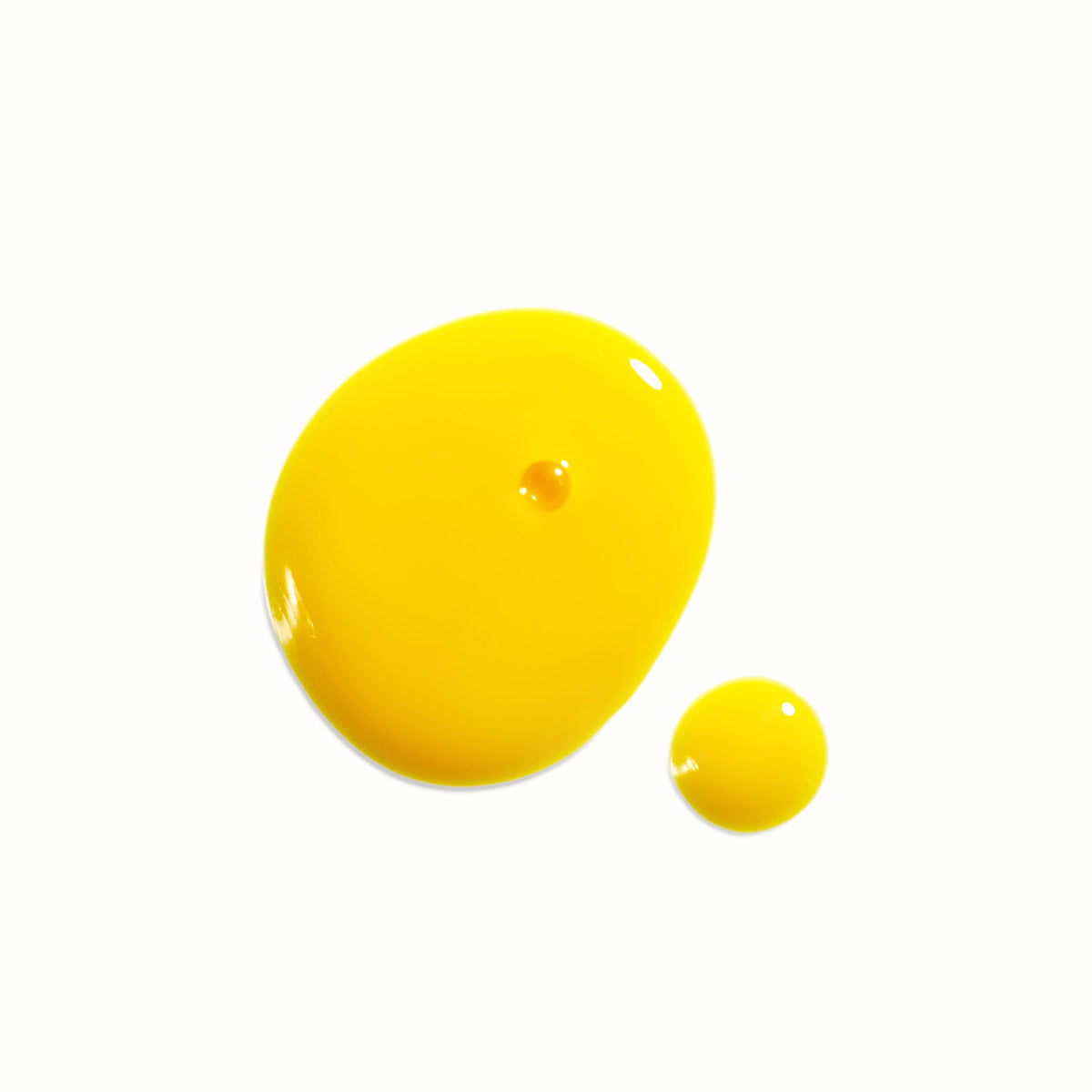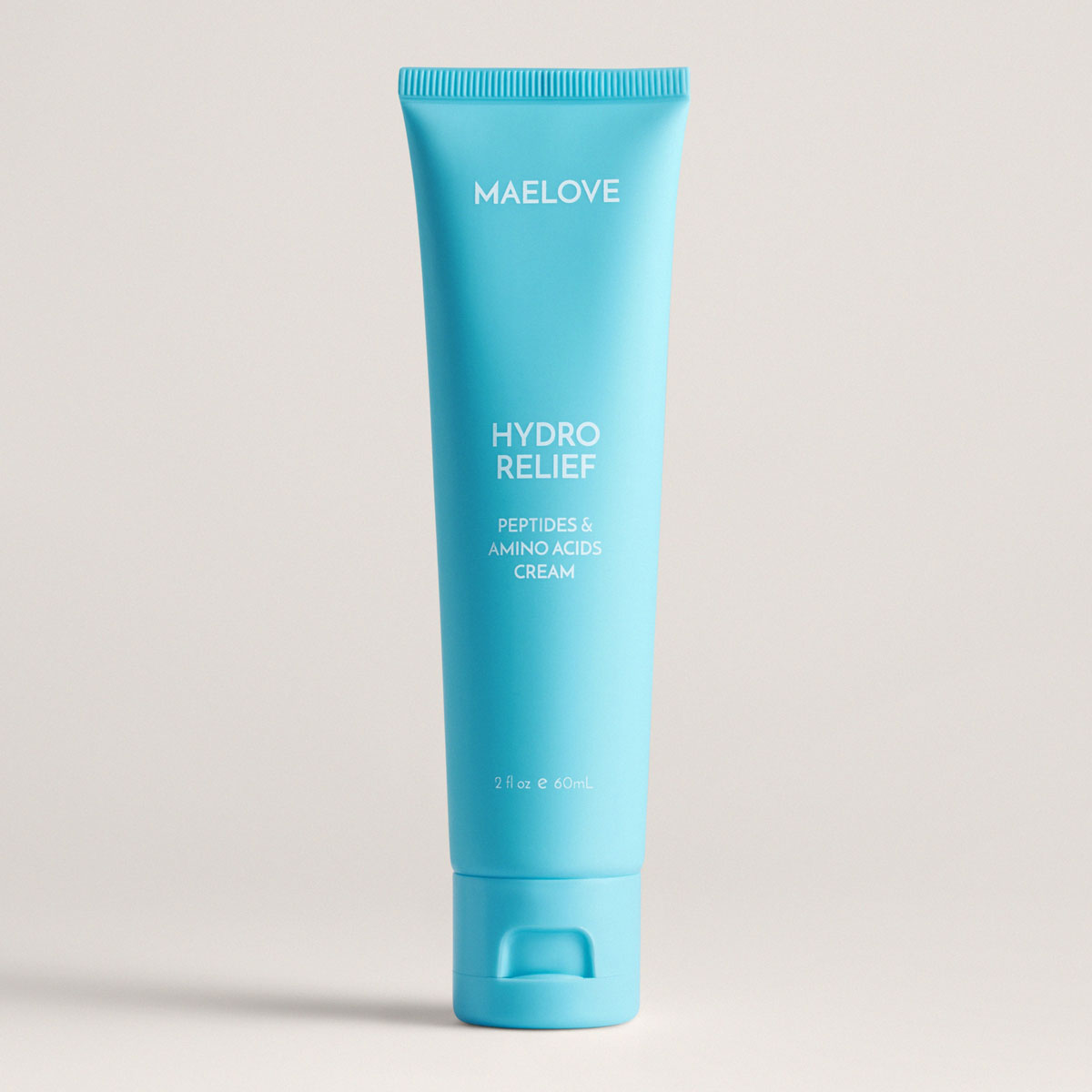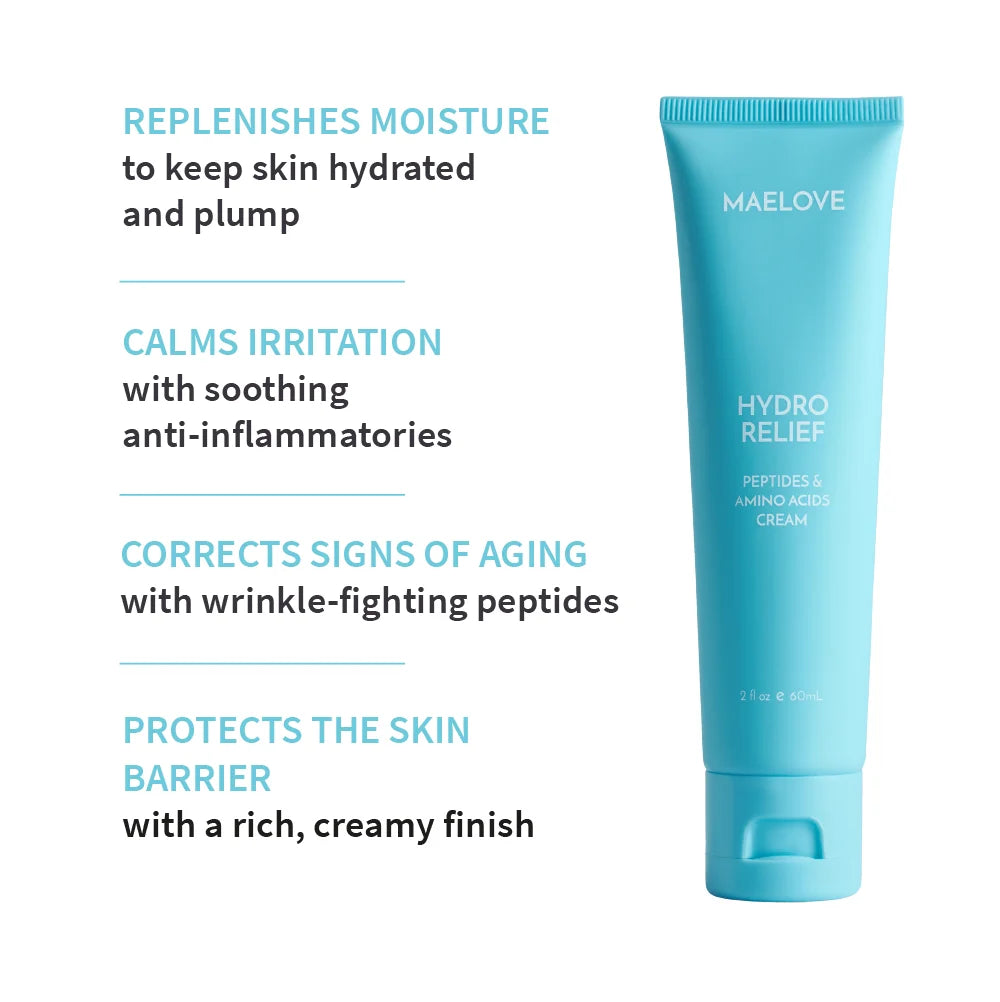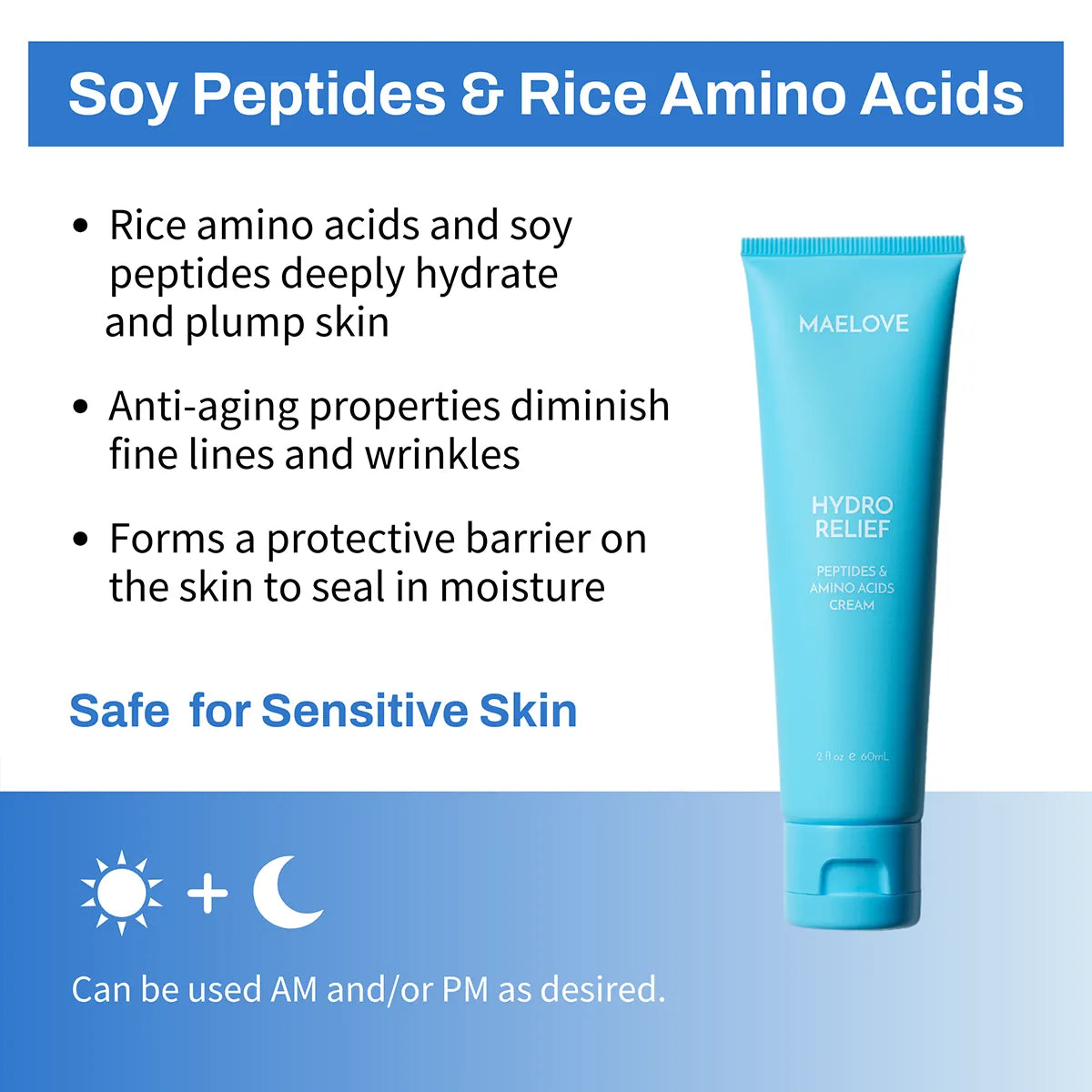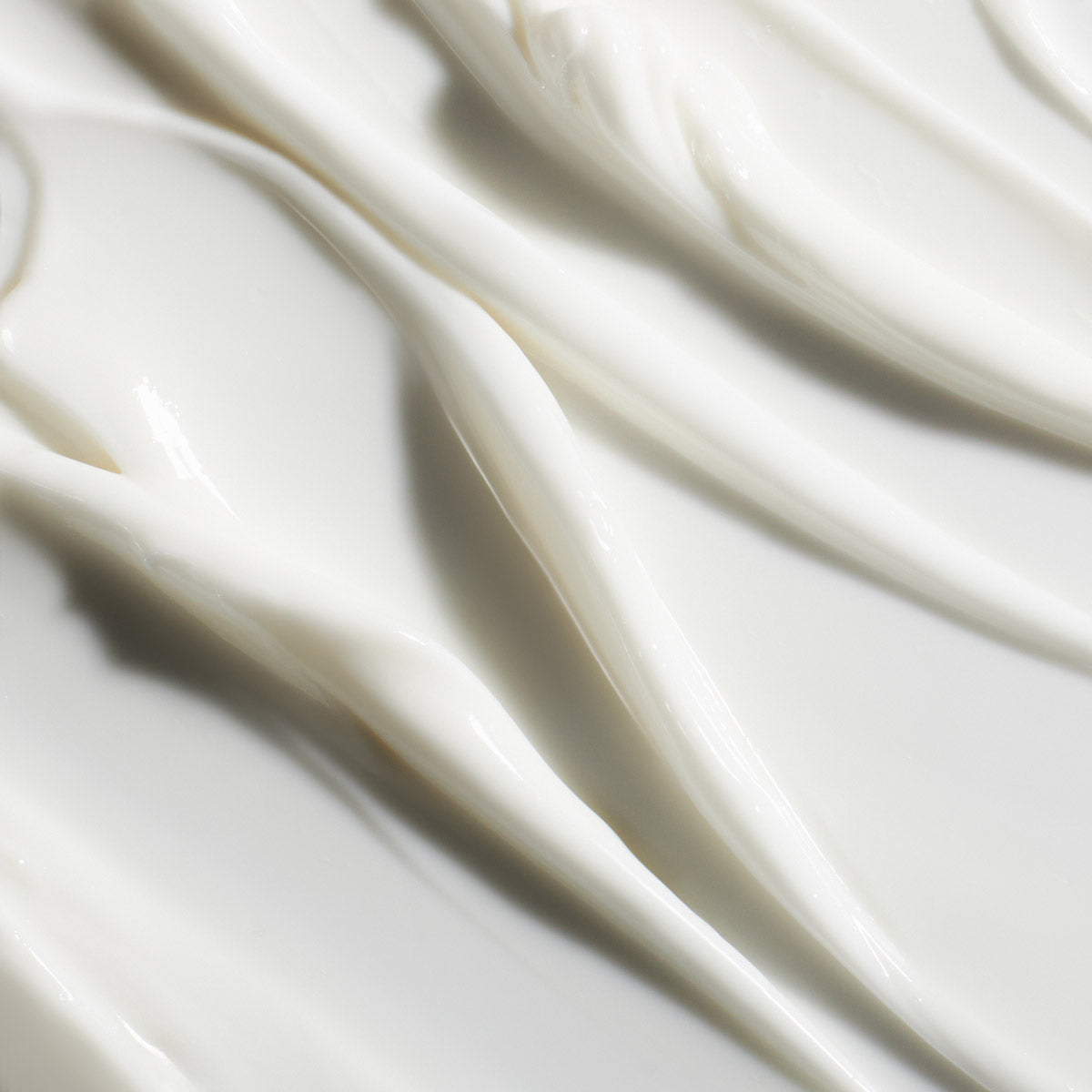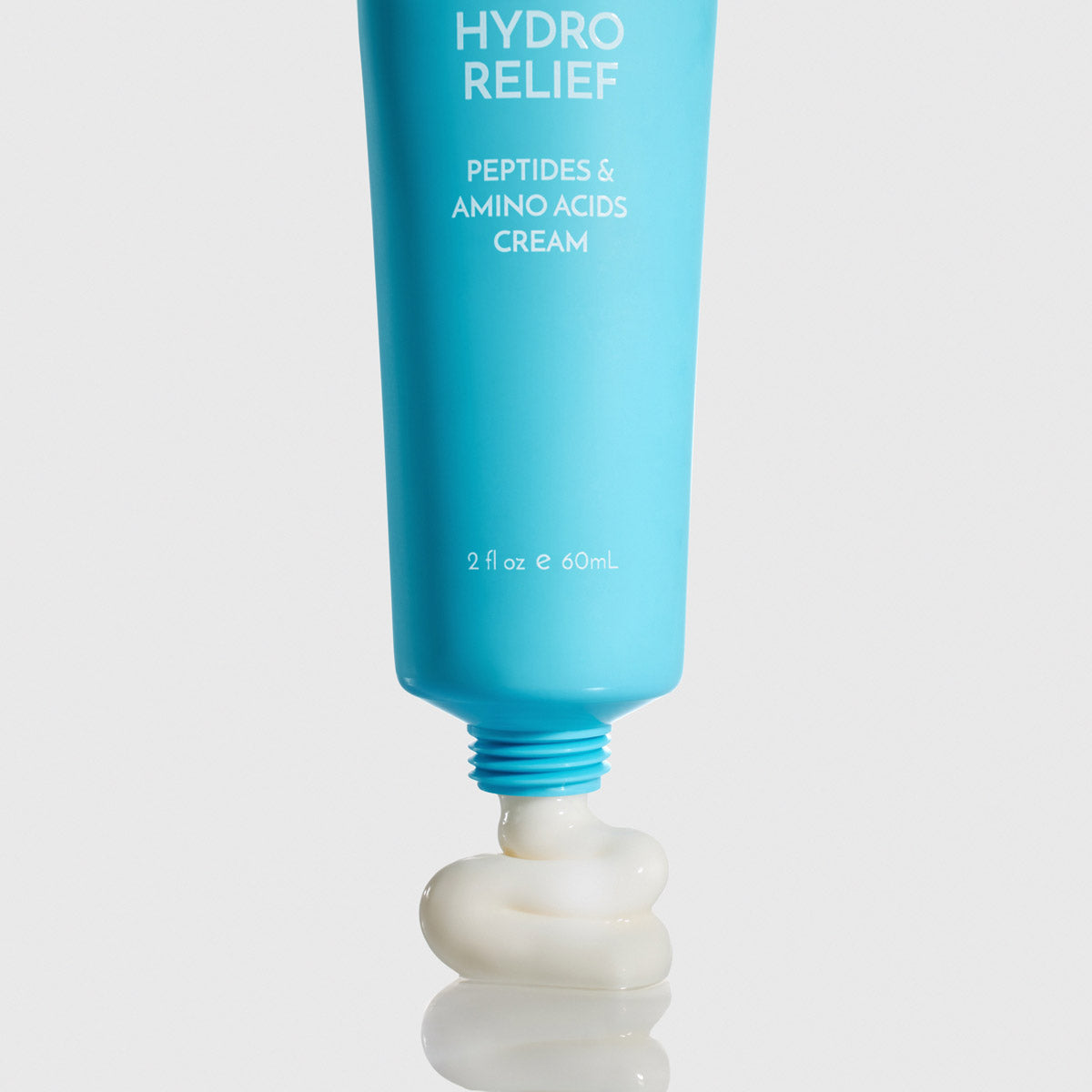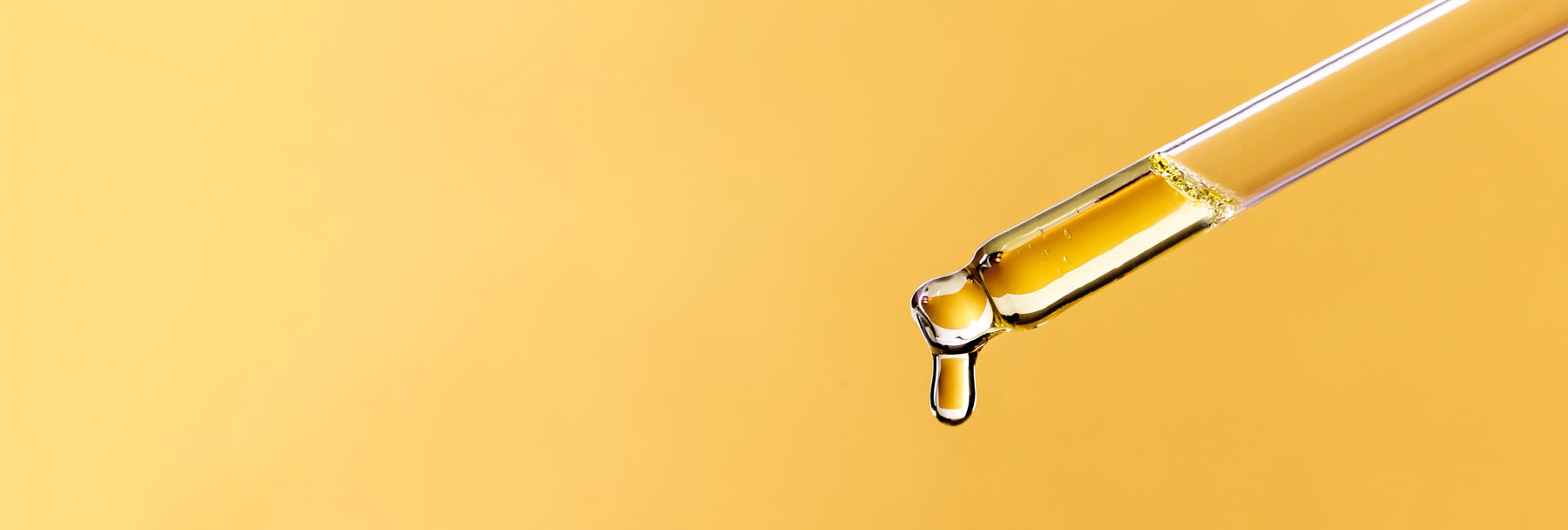
Vitamin C Serums
Vitamin C is one of the most researched and effective ingredients in modern skincare — celebrated for its ability to brighten, protect, and rejuvenate. At Maelove, we use the gold-standard form of Vitamin C, L-ascorbic acid, which is clinically proven to deliver the most effective results for skin health. By pairing this powerhouse ingredient with carefully chosen supporting actives, our formulas maximize benefits while remaining gentle enough for daily use.
Our Vitamin C serums are designed to address dullness, uneven skin tone, early signs of aging, and environmental stressors.
For the curious
L-Ascorbic Acid, also known as Vitamin C, is one of nature’s best antioxidants and indeed, one of the primary defenses against UV damage employed by the skin. Special receptors in the skin pull Vitamin C out of your bloodstream to pack your skin full of this protective antioxidant which is also the most plentiful antioxidant in the skin (Pullar et al. 2017). The number one cause of premature aging of the skin is UV damage from the sun’s rays. When your skin is exposed to UV rays, free radicals are spawned. These free radicals are like ricocheting bullets tearing up collagen and even DNA leading to photoaged skin and skin cancers. Fine lines and wrinkles, sunspots, ruptured blood vessels, enlarged pores, and rough coarse skin are some of the features of photoaged skin.
While Vitamin C in your skin plays a crucial role, unfortunately, like so many processes that occur with general aging, the Vitamin C content in your skin wanes as you age irrespective of diet, as poor blood flow and nutrient delivery start to affect levels. In other words, your natural defenses against UV damage go down with aging. This is where topical supplementation can remedy the situation as the skin absorbs the Vitamin C applied at the skin’s surface (Pullar et al. 2017).
Scientific studies show that the skin will absorb (L-Ascorbic Acid) optimally from a serum when the concentration is between 10-20% Ascorbic Acid. At these concentrations, it reaches saturation after 3 days of consistent daily application (Pinnel et al. 2001). Other derivatives of Vitamin C may be used in Vitamin C serums but in this case, they must be converted into L-Ascorbic Acid inside your skin in order to have positive effects and studies do not necessarily show that this conversion occurs. L-Ascorbic Acid is the form of Vitamin C that has been scientifically studied and clinically proven.
As Vitamin C can be unstable in solution, combining with Vitamin E has been found to extend the stability of Vitamin C, as well as increase its effectiveness by four-fold (Lin et al. 2003). This is because Vitamin E as an antioxidant naturally works with Vitamin C in the skin to protect it. Vitamin C is hydrophilic (water loving) while Vitamin E is lipophilic (oil loving), and together, they can protect the watery and fatty elements in a cell. In fact, Vitamins C and E in isolation are minimally effective. Further, Vitamin C can regenerate oxidized Vitamin E. Ferulic acid is a plant antioxidant that combined with Vitamin E can further extend the effectiveness of Vitamins C by eight-fold (Lin et al. 2005). For these reasons, The Glow Maker is formulated with 15% Ascorbic Acid, Vitamin E and Ferulic Acid.
Vitamin C is necessary in collagen production and topical Vitamin C has been scientifically proven to boost collagen production in aged skin (Nusgens et al. 2001). The collagen content in skin decreases over time – roughly 1% per year with accelerated loss post-menopause – leading to wrinkles and sagging as we get older. UV damage accelerates this process in photoaged skin.
The ability of topical Vitamin C to boost collagen production has been demonstrated in placebo-controlled trials of aged skin in postmenopausal women (Nusgens et al. 2001) and in those with photoaged skin (Traikovitch 1999). Note that the role of Vitamin C in collagen production is also responsible for its beneficial role in wound healing and for the skin symptoms of scurvy which results from Vitamin C deficiency (Pullar et al. 2017).
Another benefit of Vitamin C is that it can brighten and even out your skin tone by treating hyperpigmentation. This is not only because Vitamin C can fight UV damage which is a main cause of hyperpigmentation, but also because it can inhibit an enzyme (tyrosinase) involved in skin pigment production. A concentration of at least 10% Ascorbic acid is recommended to get maximal benefits against UV induced hyperpigmentation (DeDormeal et al. 2019).
Vitamin C serums must be acidic (pH < 3.5) in order to absorb into the skin and work (Pinnel et al. 2001). This is due to the fact that at a lower pH, Ascorbic Acid remains in its protonated form which is uncharged improving its ability to pass through the lipid-rich skin barrier.
For this reason, Vitamin C serums can be irritating. To help the situation, the Glow Maker is also formulated along with hydrating and skin soothing ingredients such as hyaluronic acid and a proprietary botanical blend of Vitis Vinifera, Aloe, Aurantium Dulcis and Magnolia. Further, so that it can be the first serum applied to clean skin to help in the absorption, Glow Maker is formulated to go on the skin thinly and absorb quickly so that it can be layered under other serums, moisturizers, and makeup. If your skin is too sensitive for acidic serums like The Glow Maker, we suggest the NIA 10 10% Niacinamide serum which can help soothe redness and irritation and build up the skin barrier.
Yes. Vitamin C is rated Category A in pregnancy by the FDA which means Vitamin C has been evaluated by clinical trials in pregnant women and deemed safe. The actives including Vitamin E, Ferulic Acid, and Hyaluronic Acid are all considered generally safe to use topically during pregnancy and lactation. However, it is always advisable to check with your doctor regarding skin care products and ingredients.
